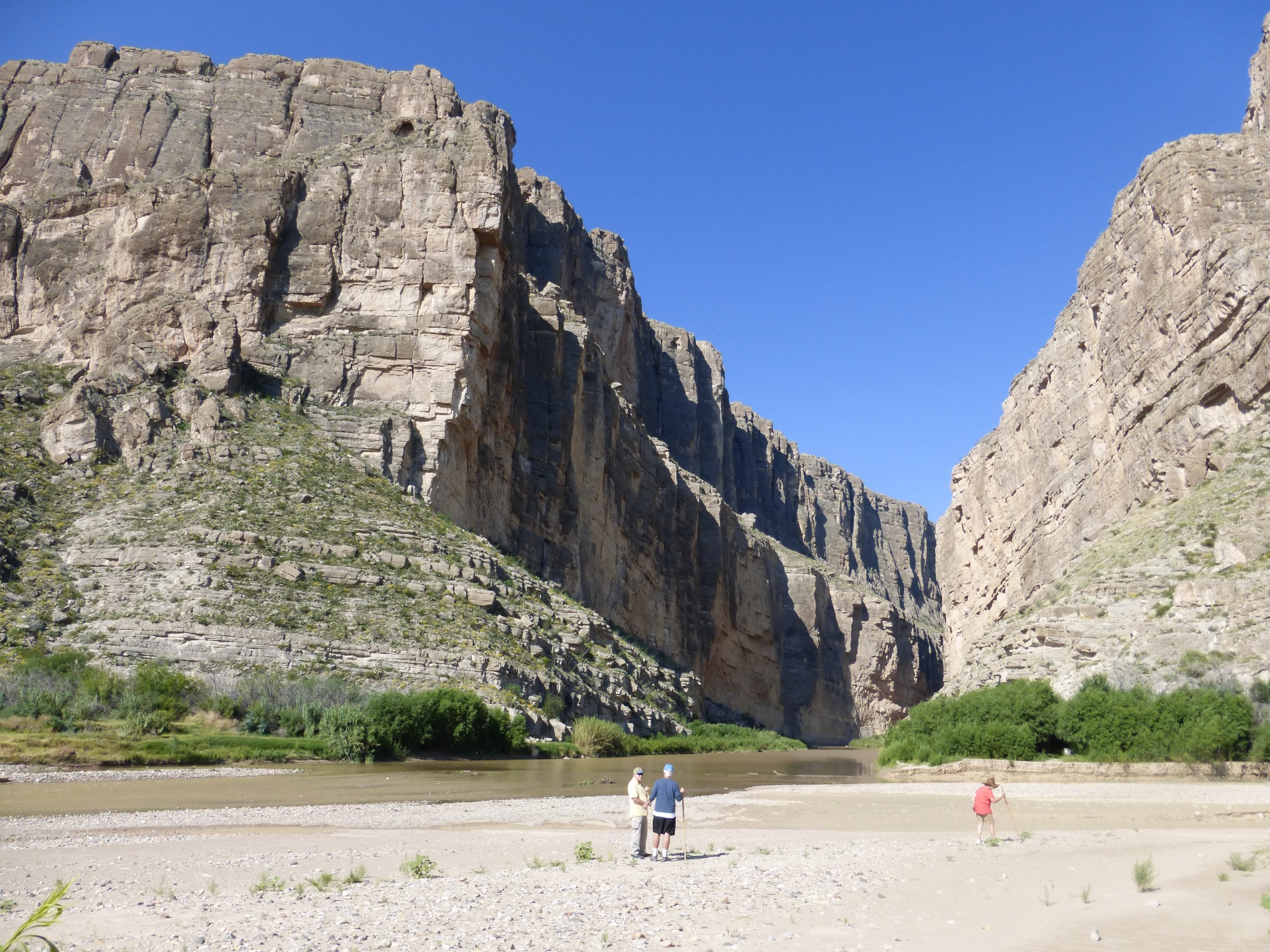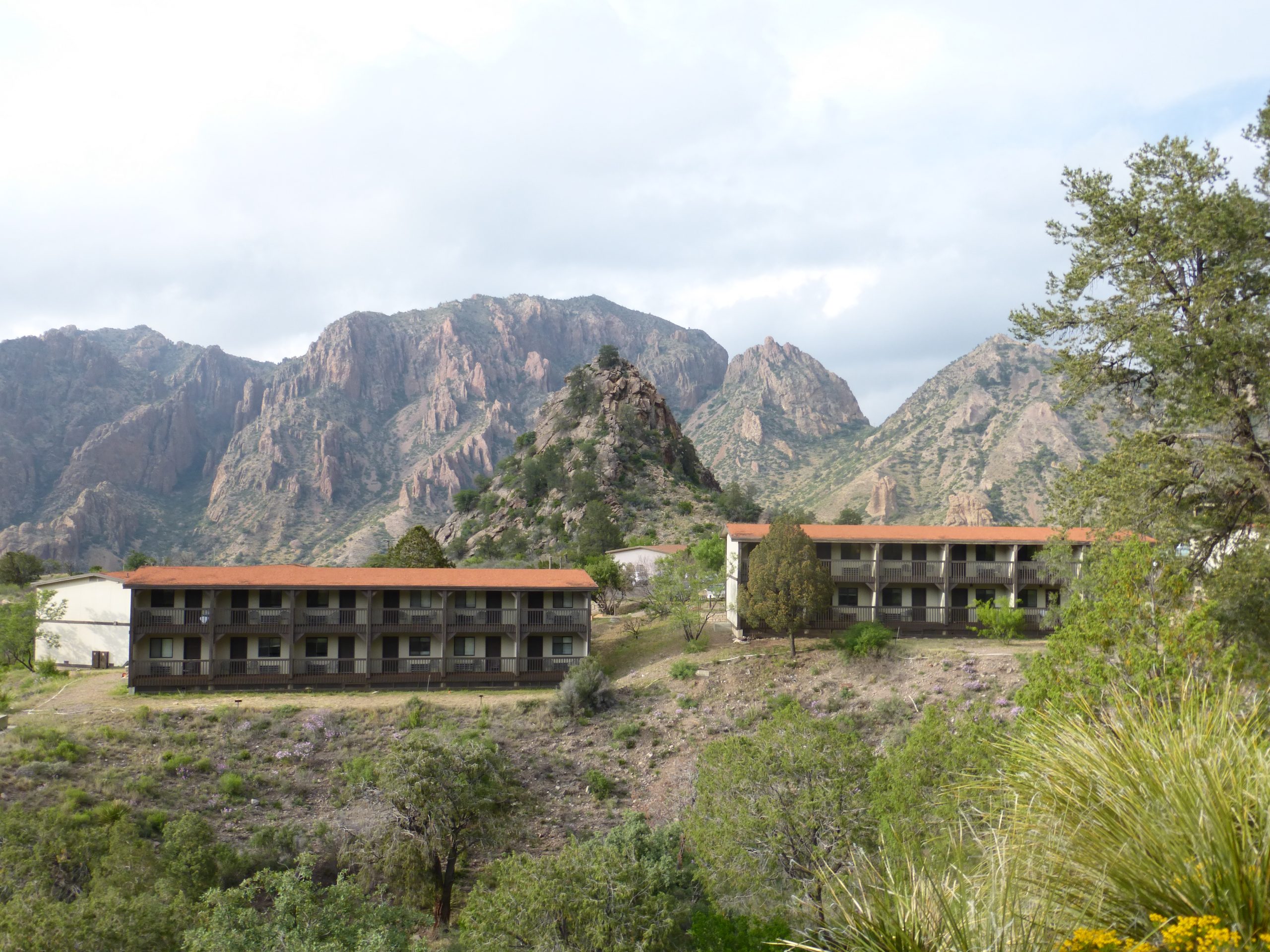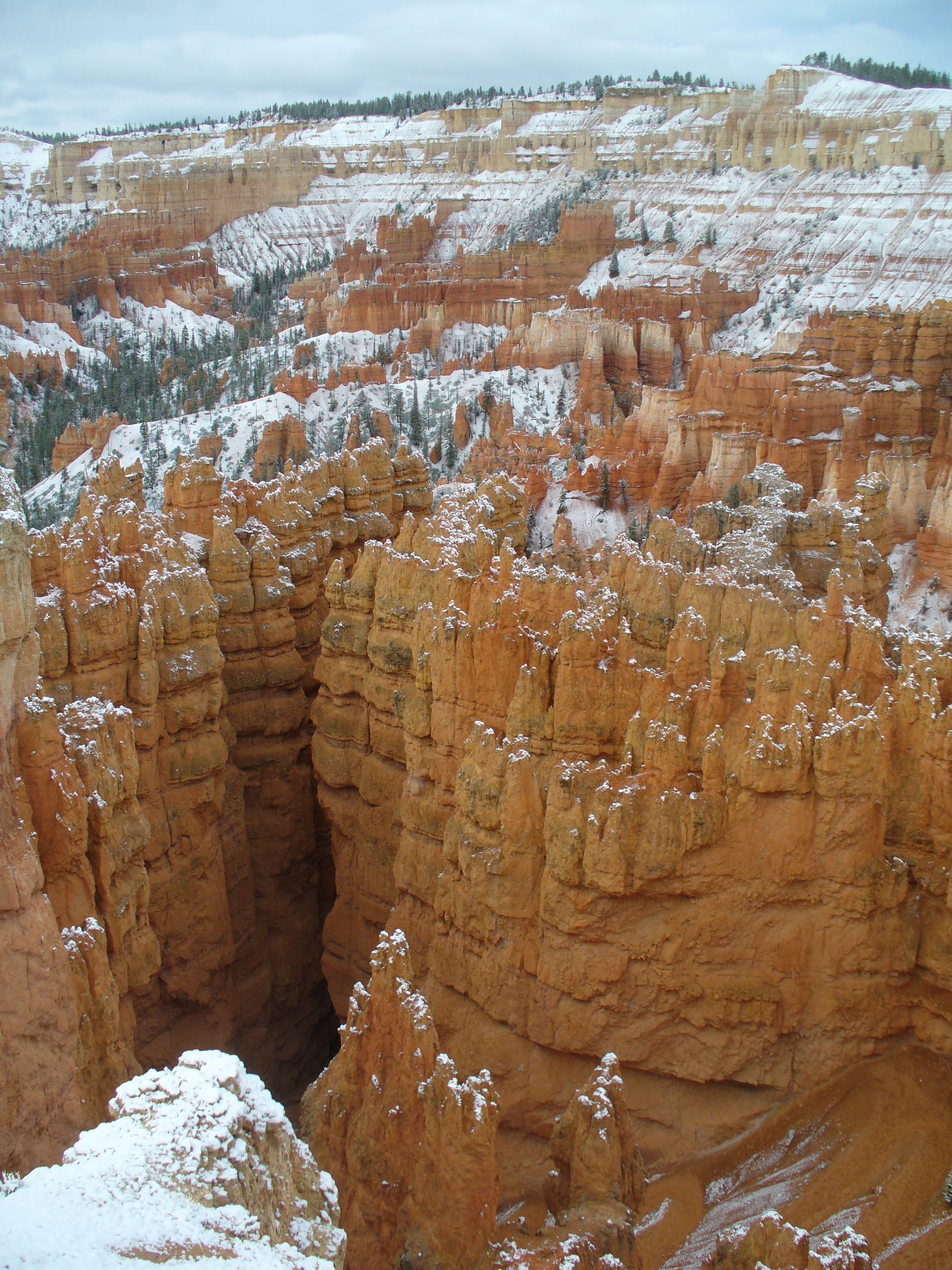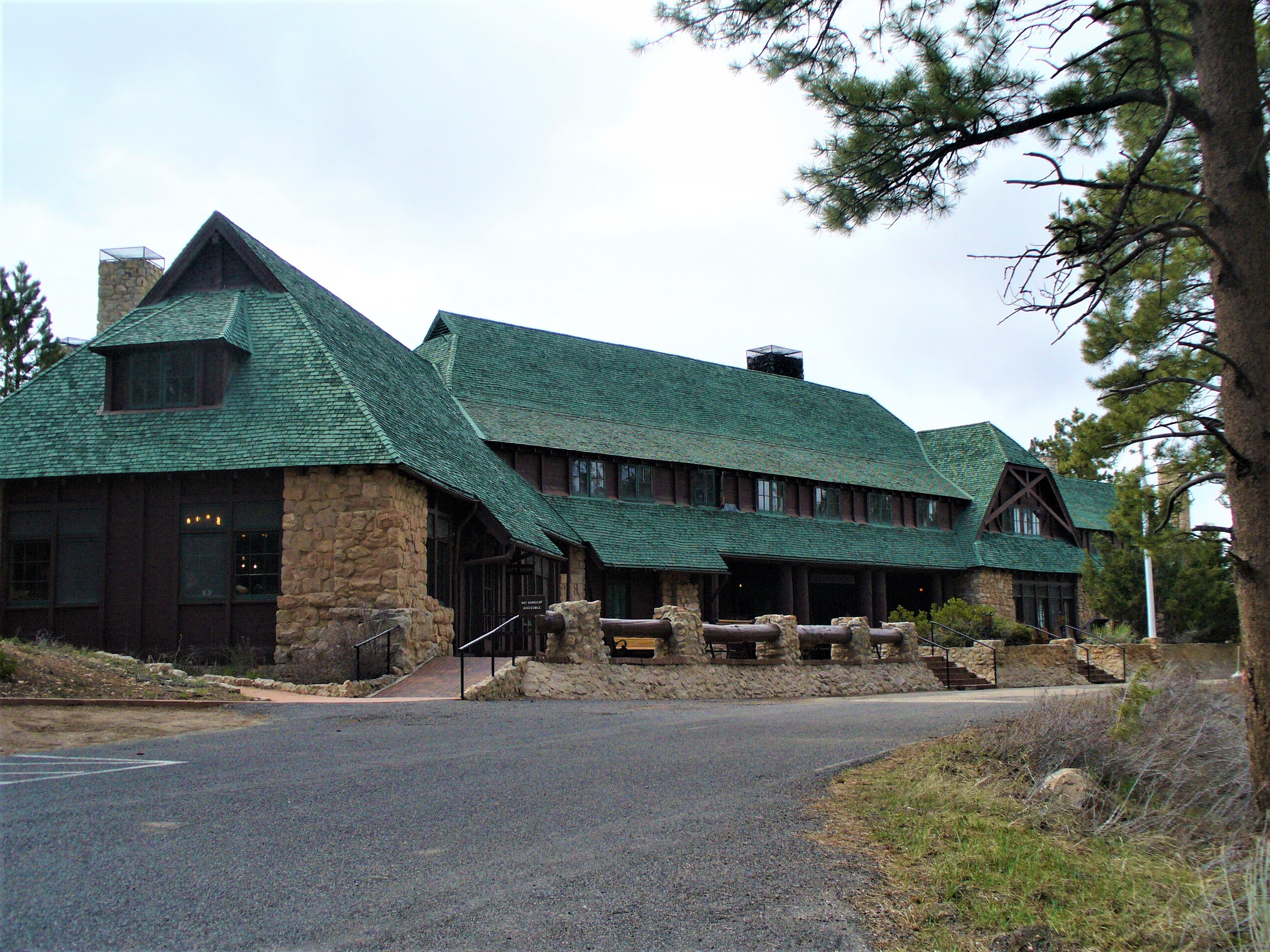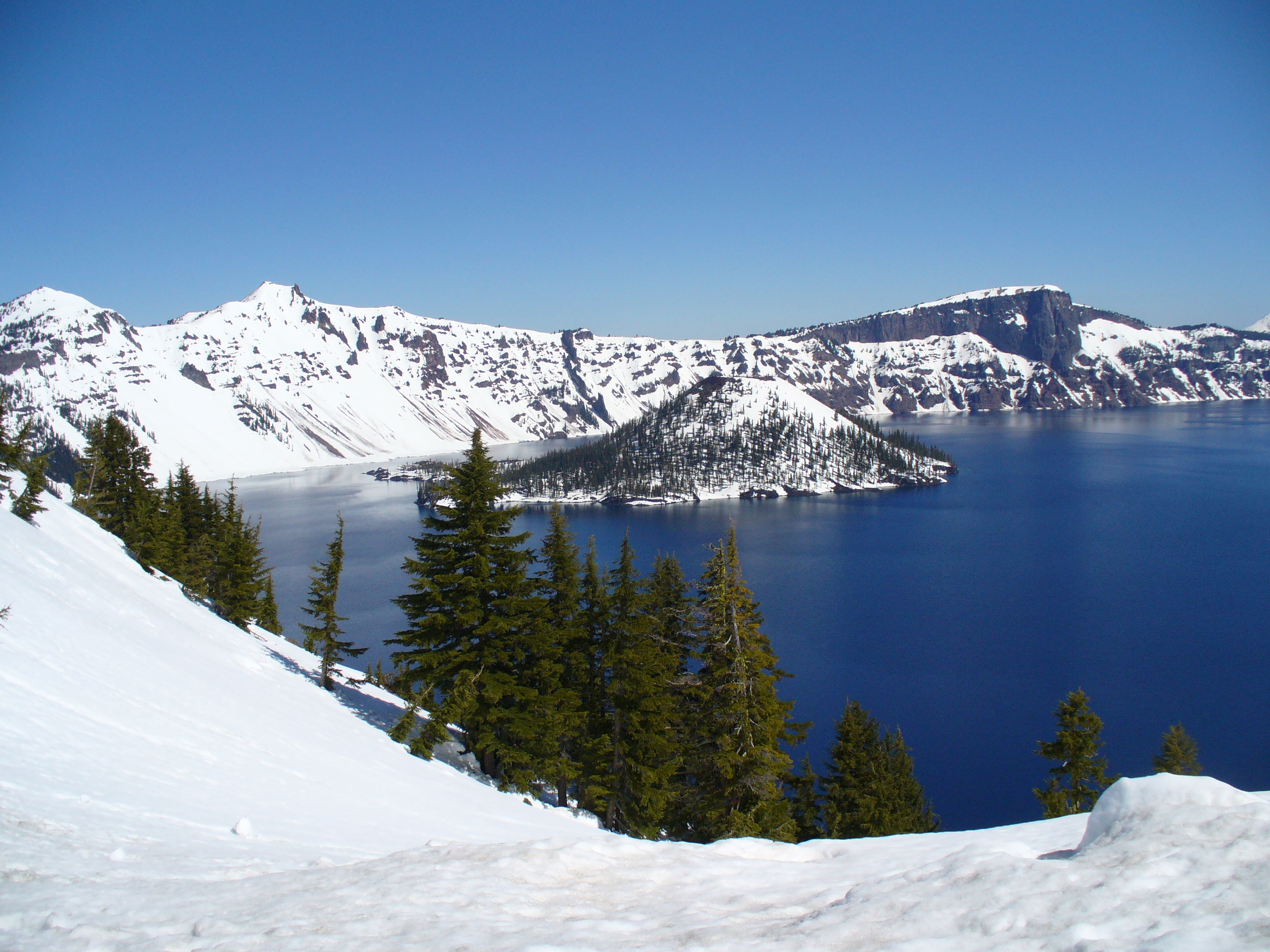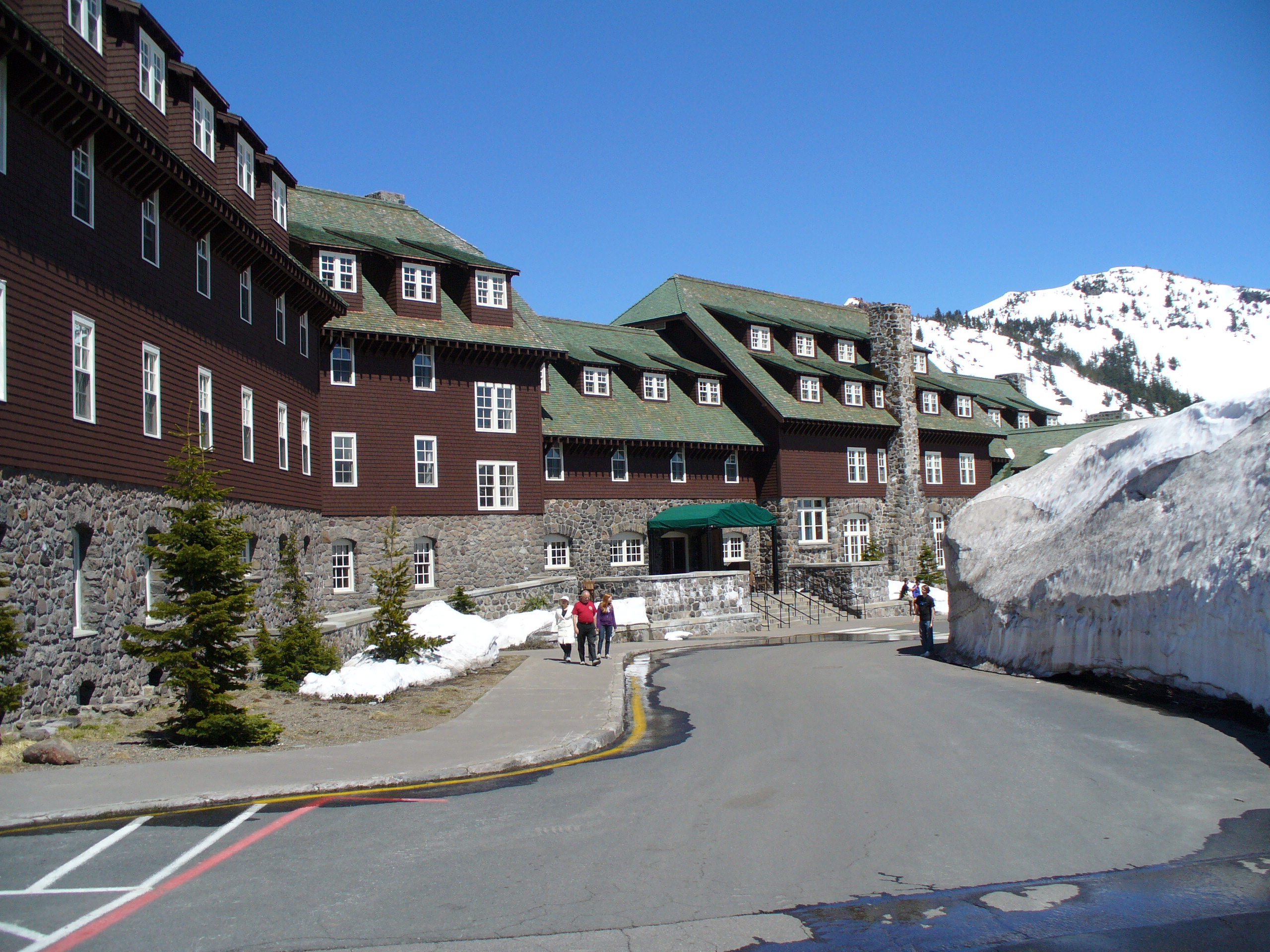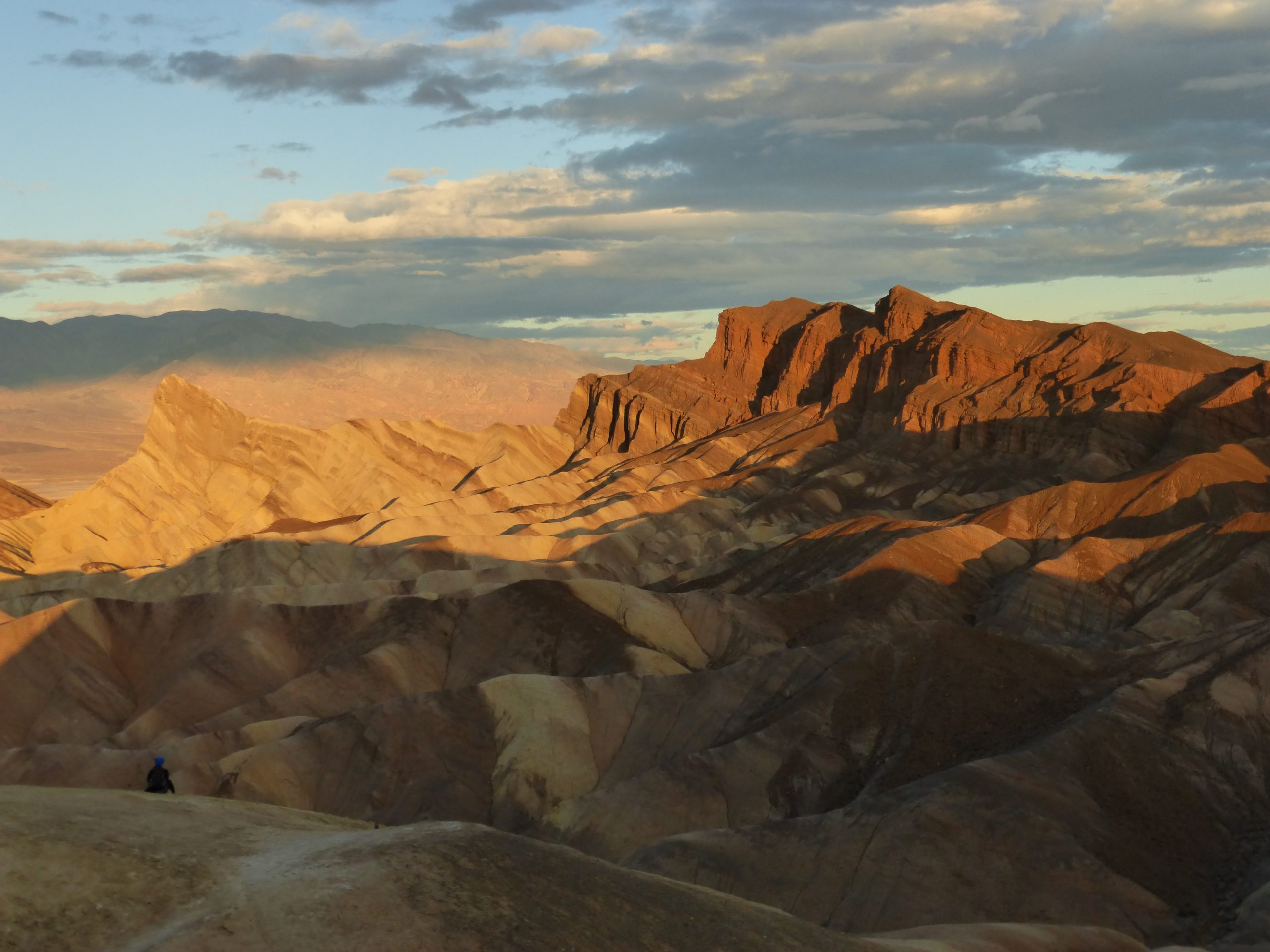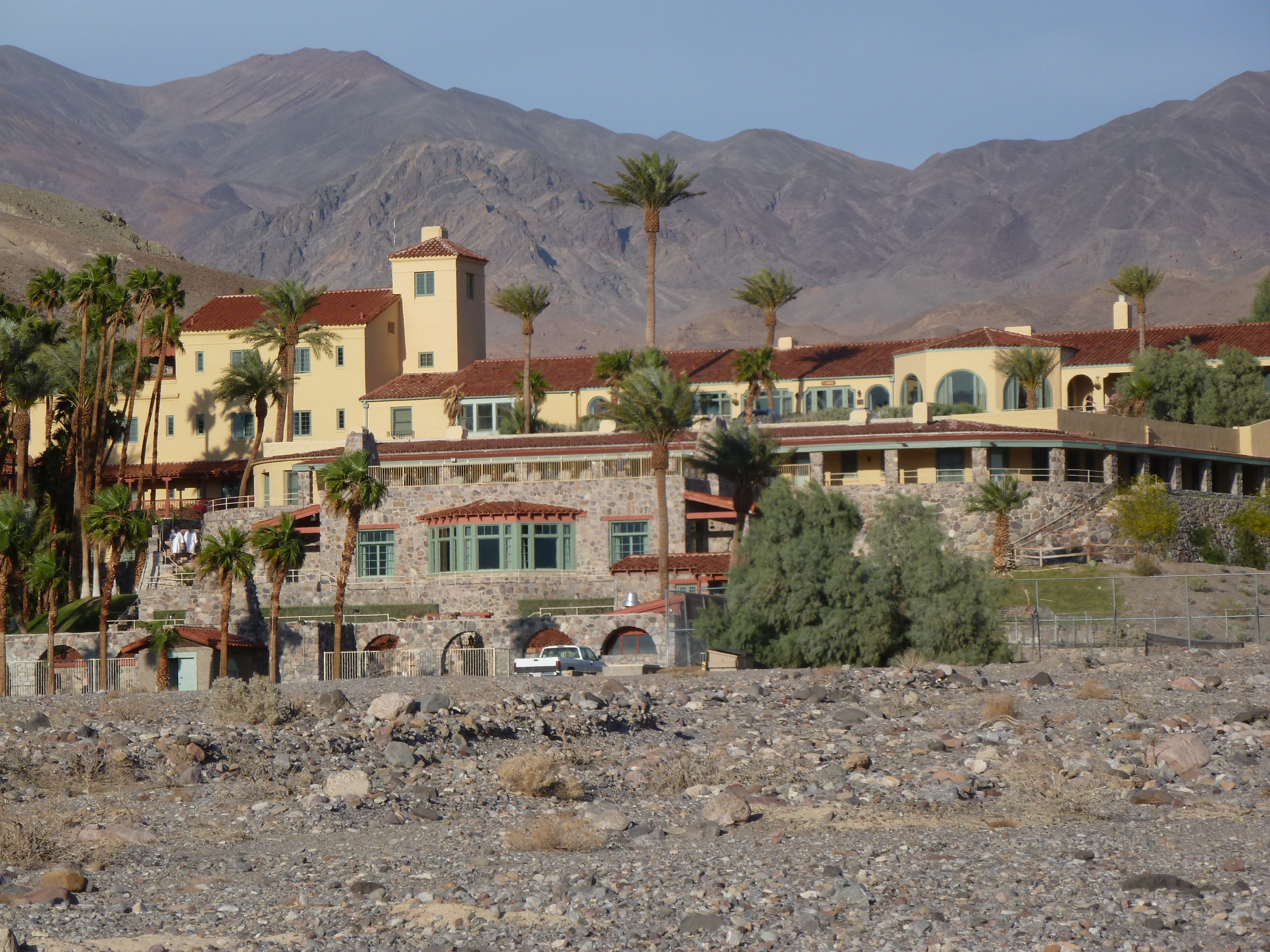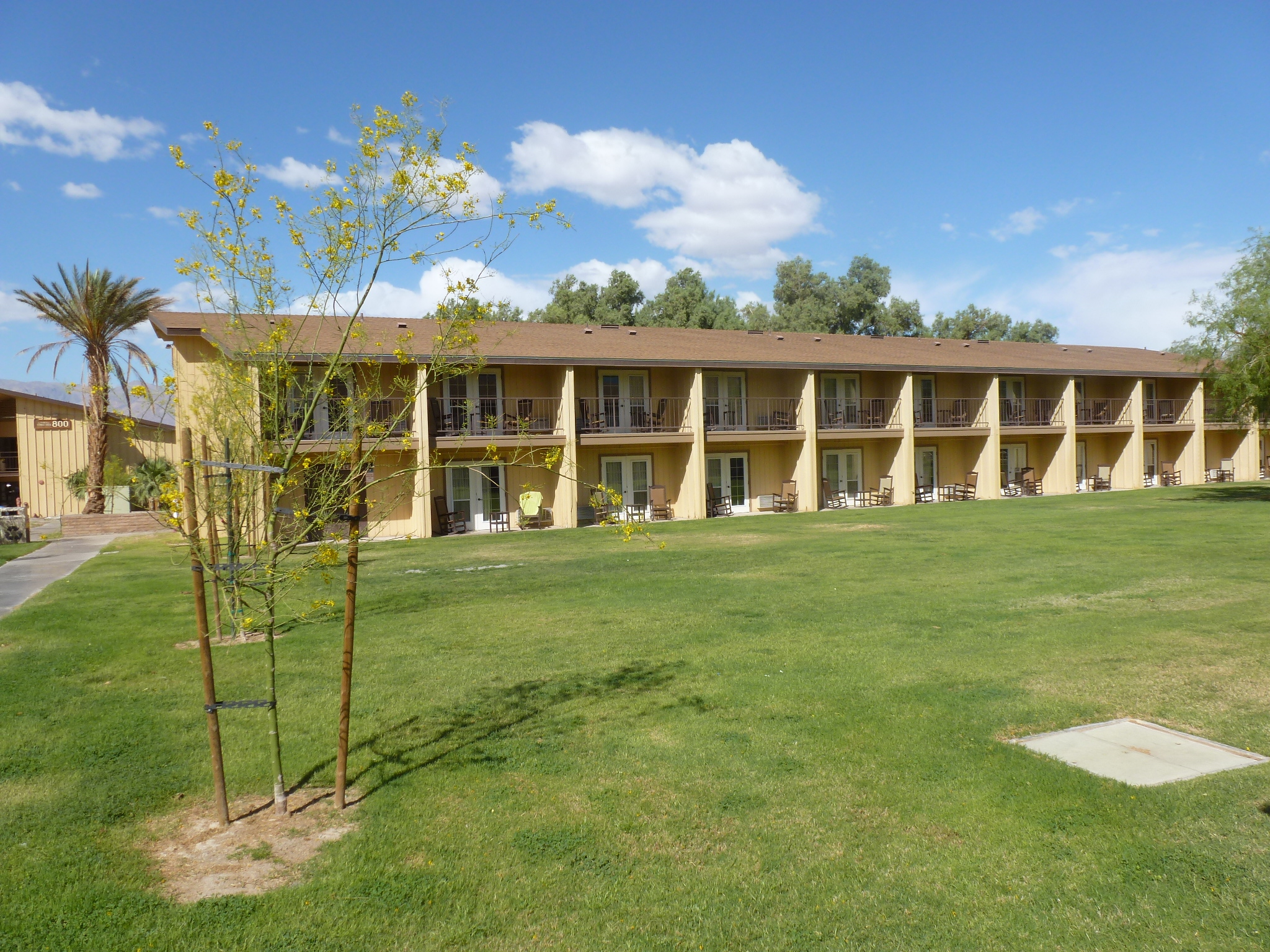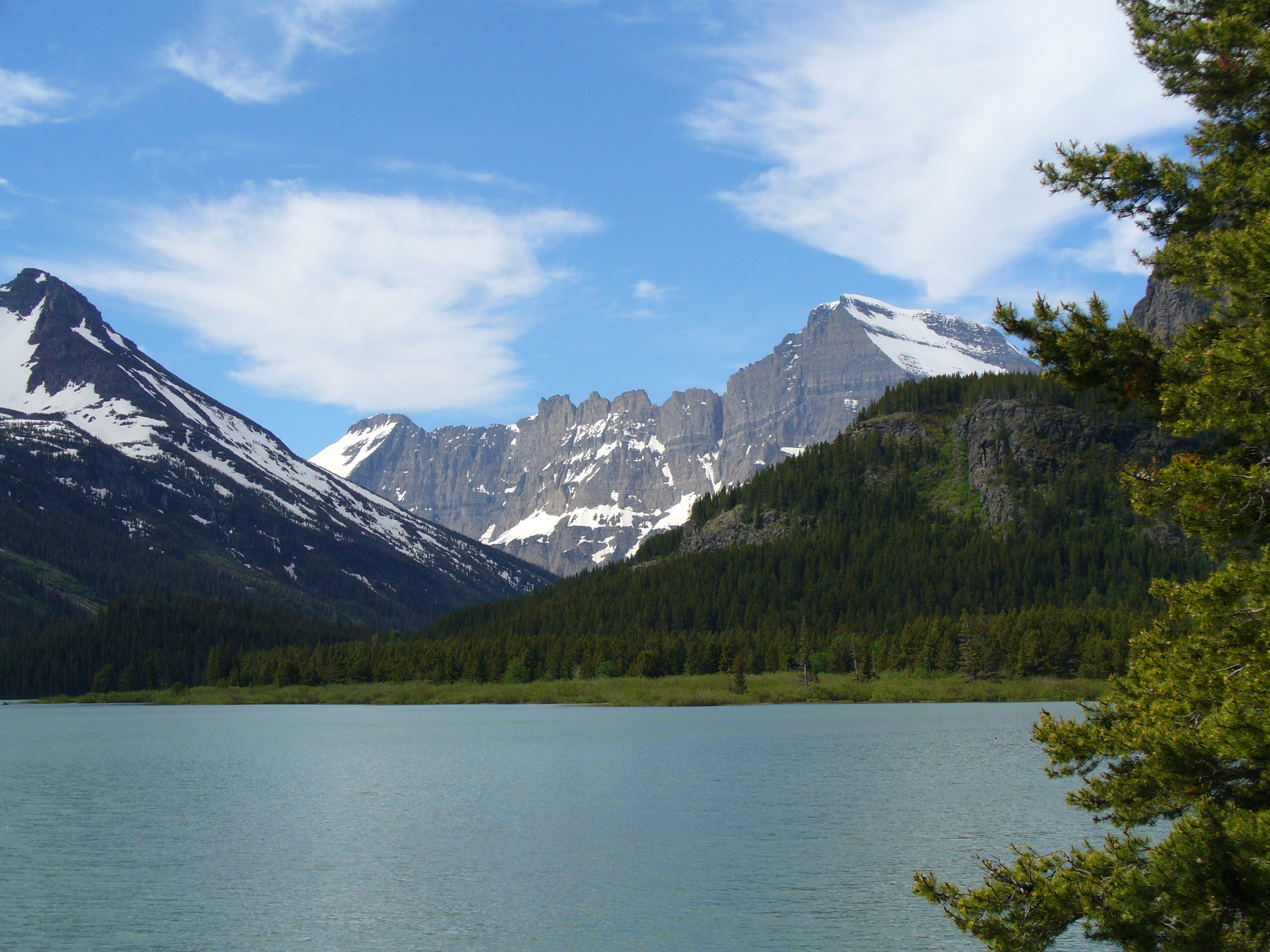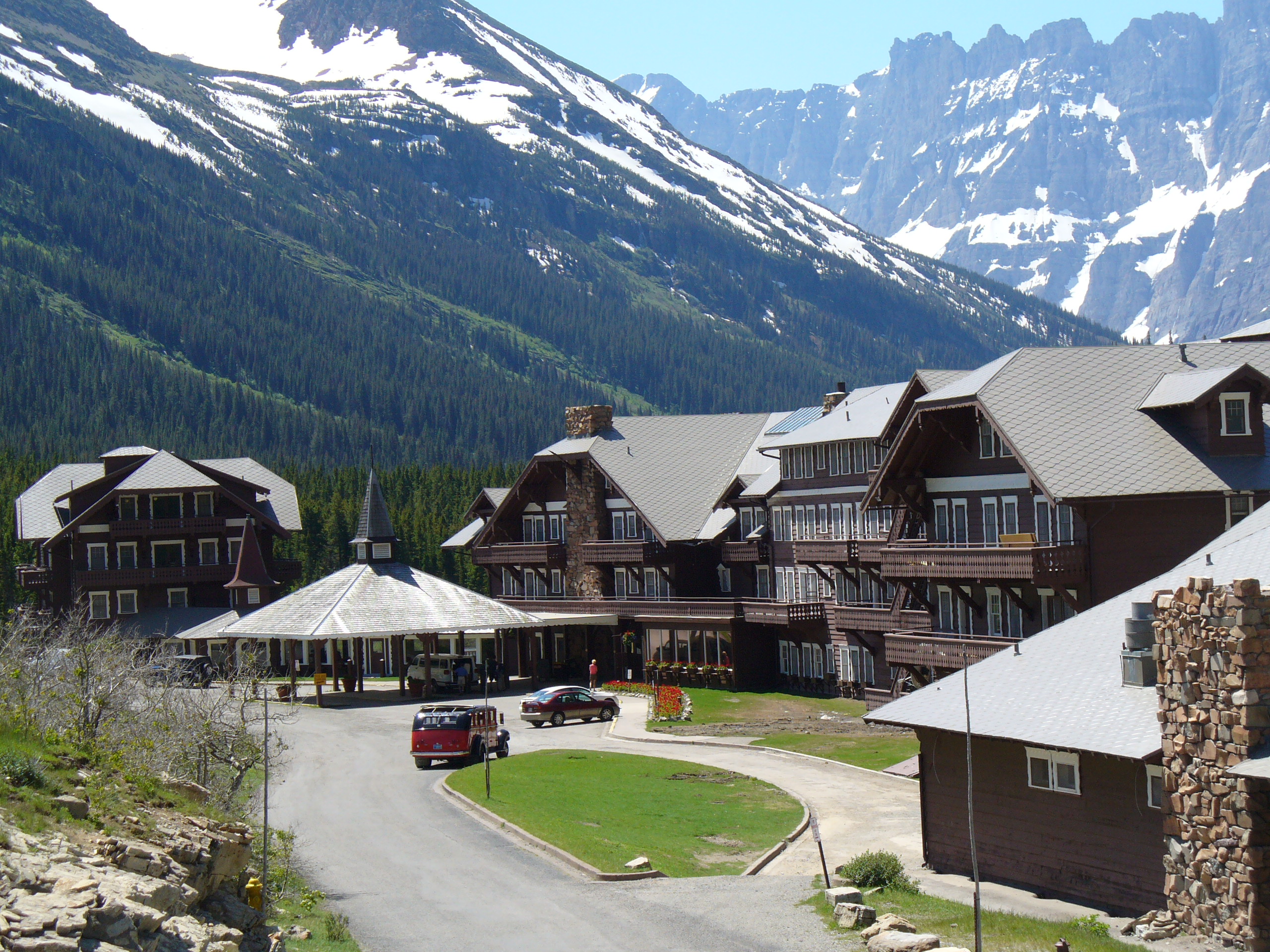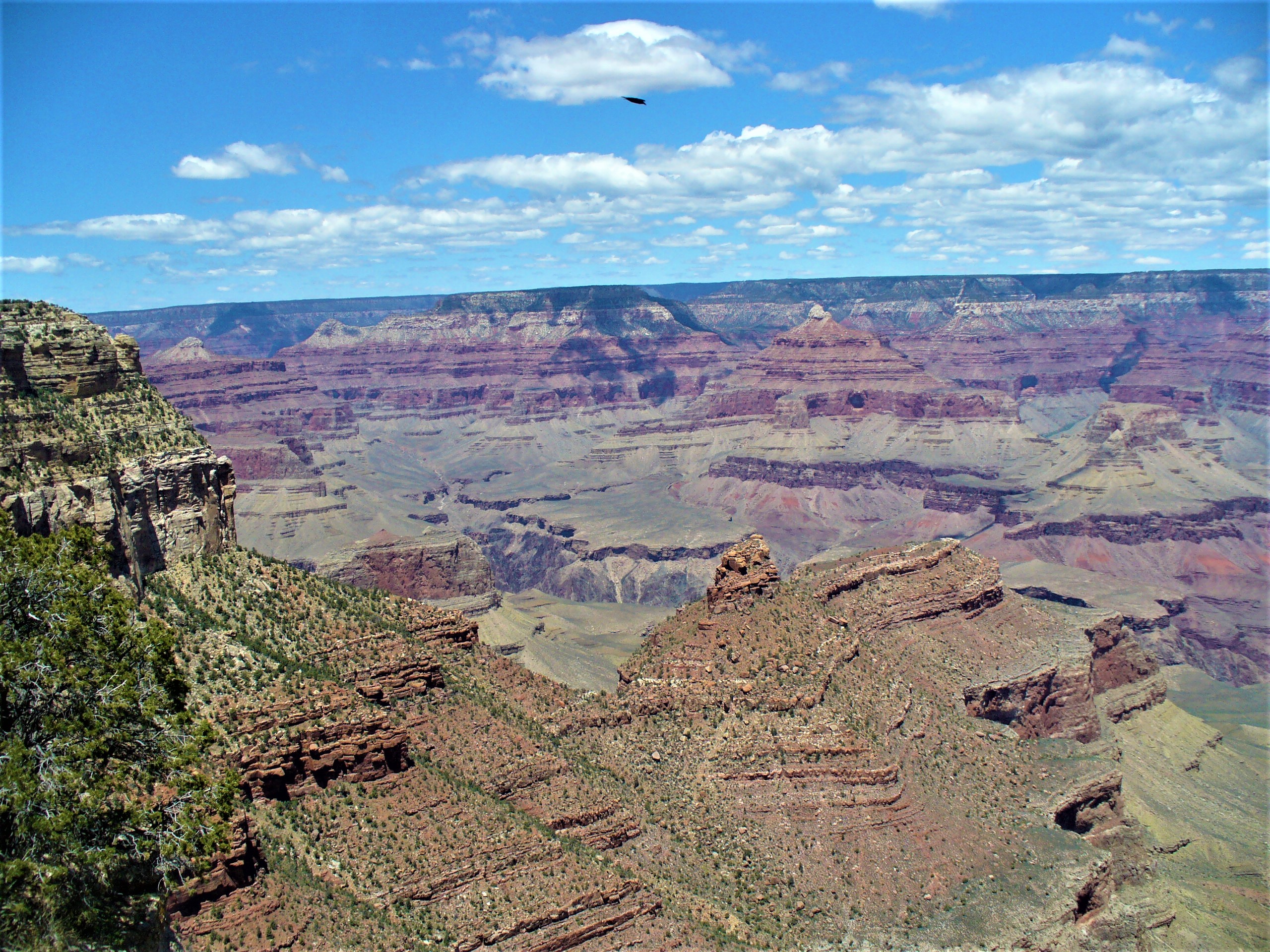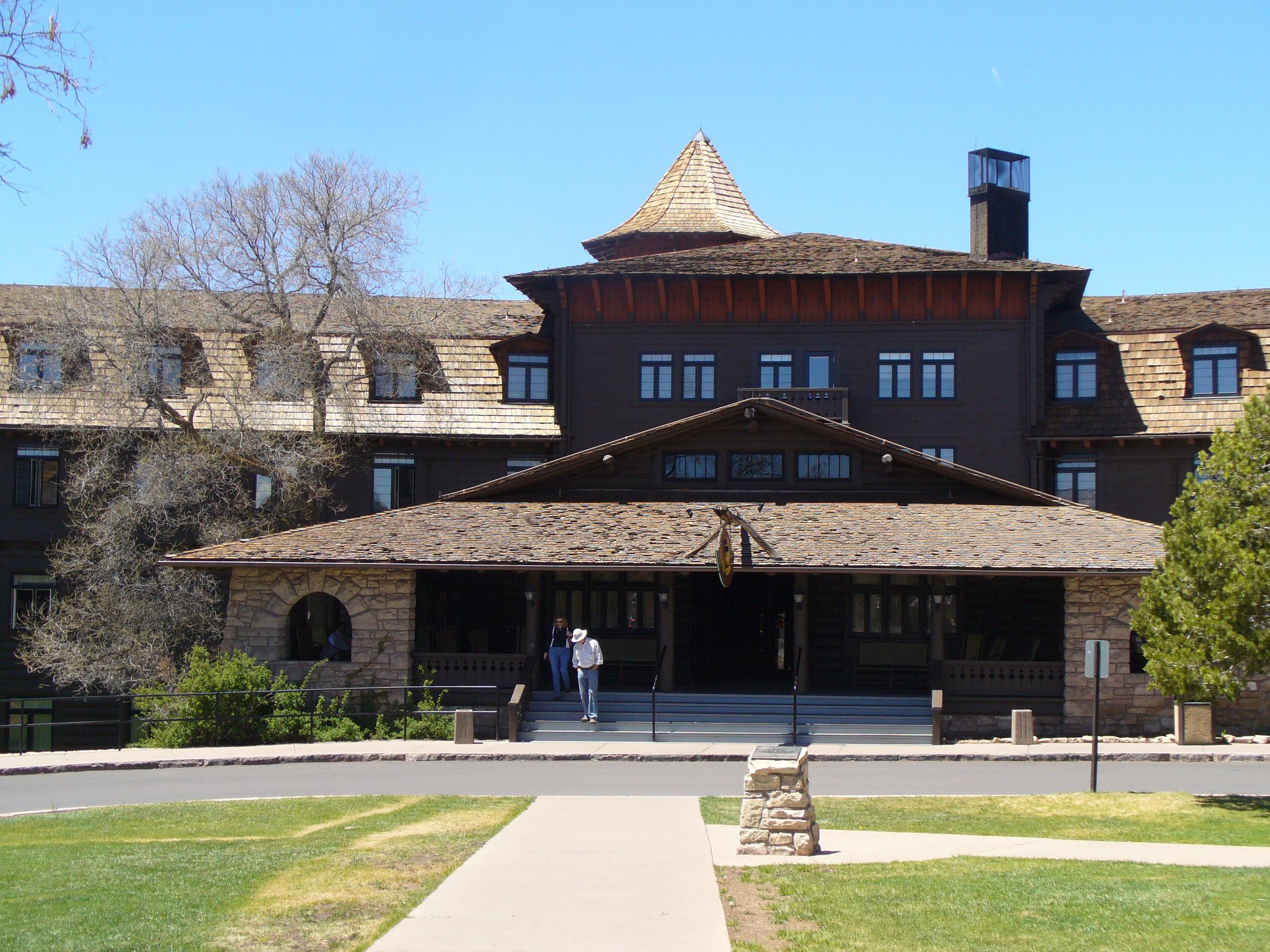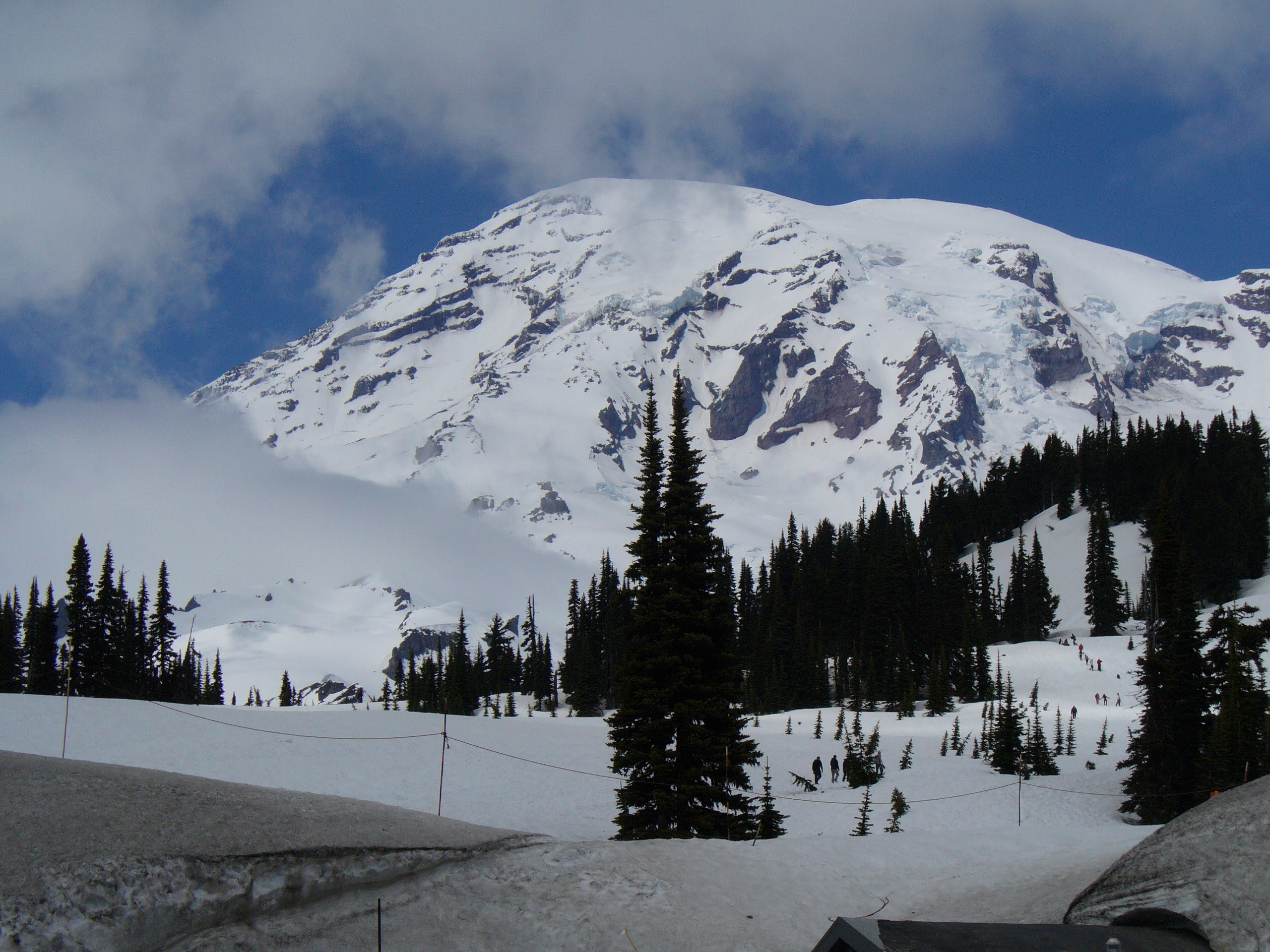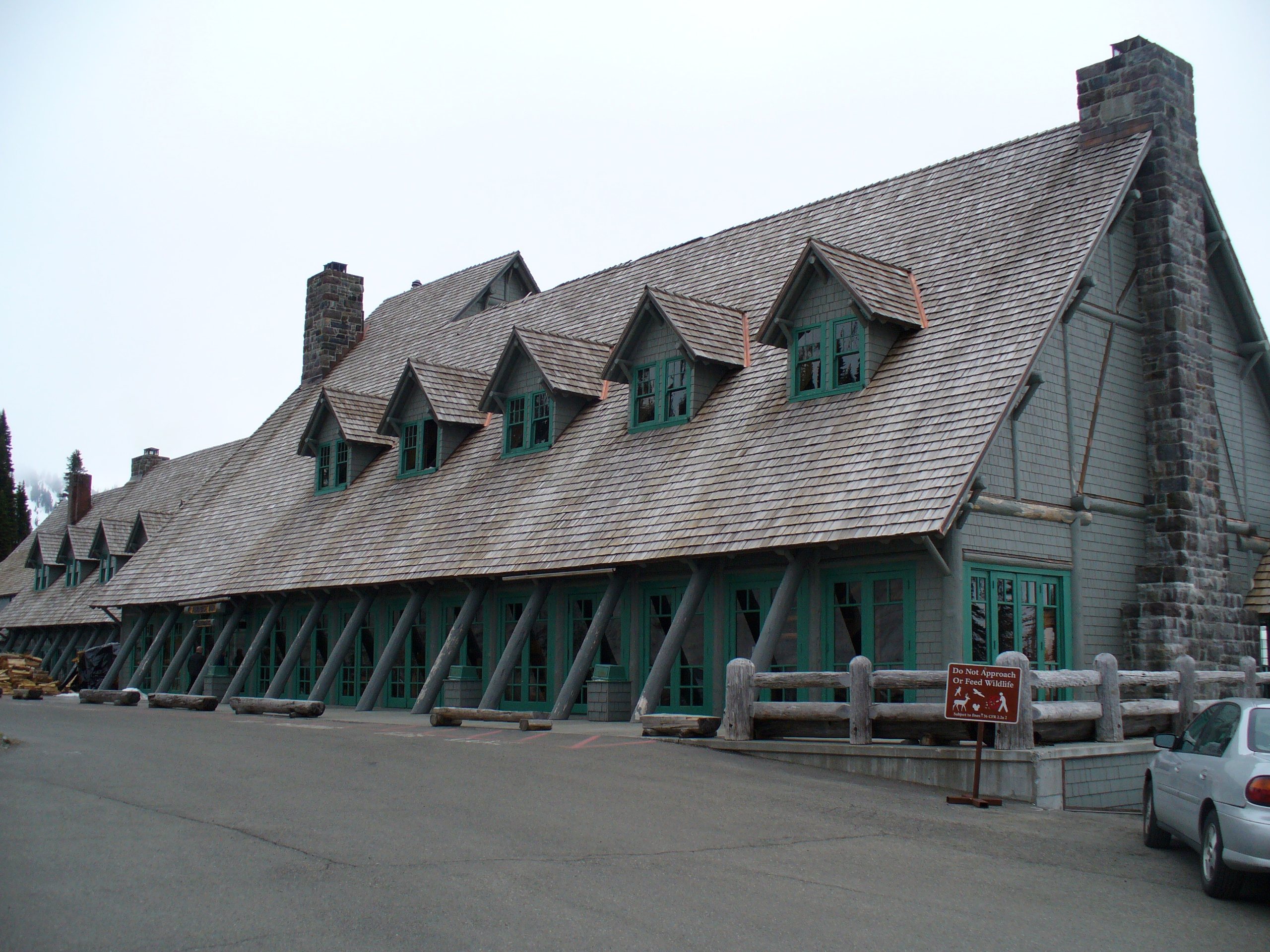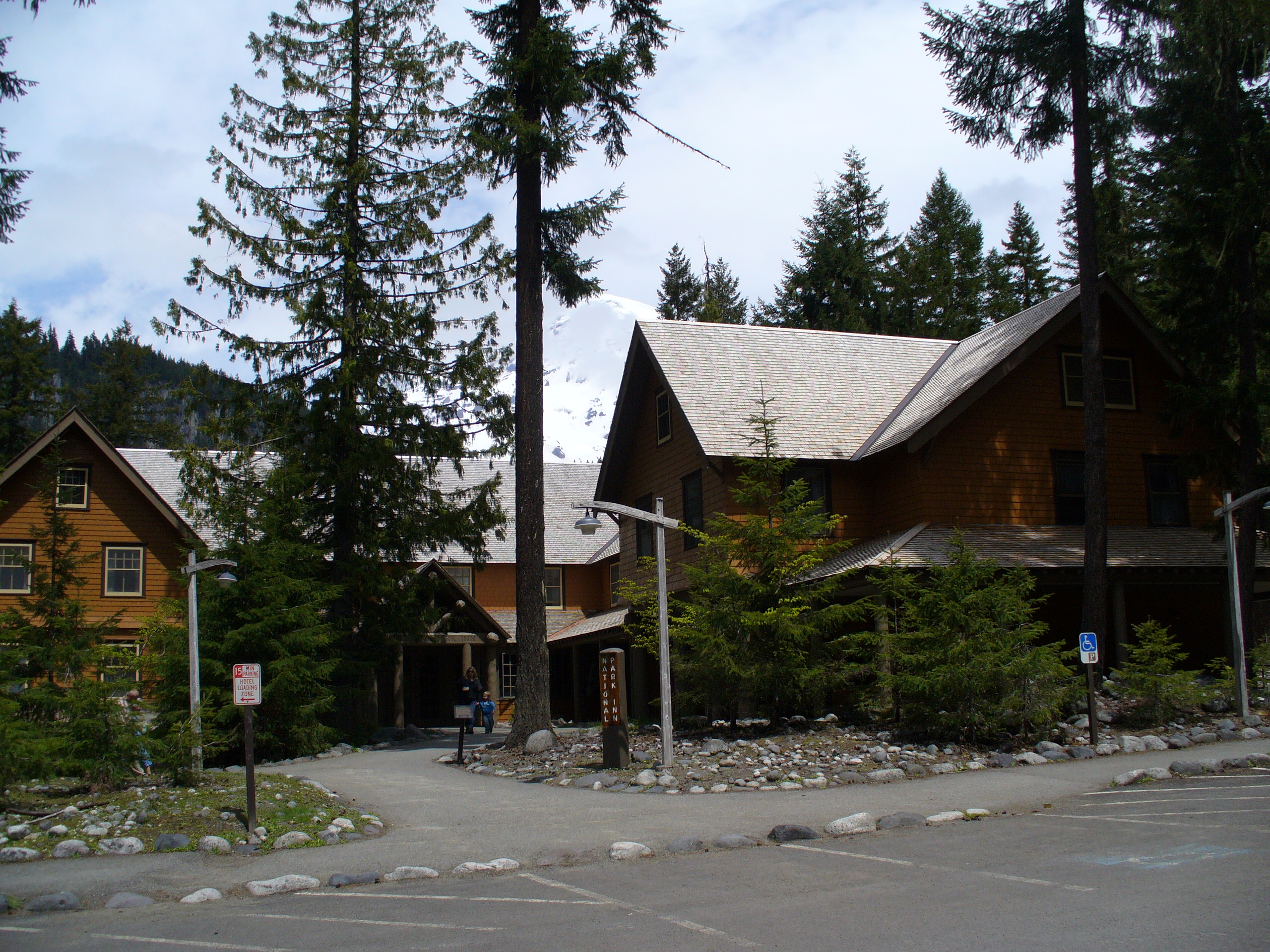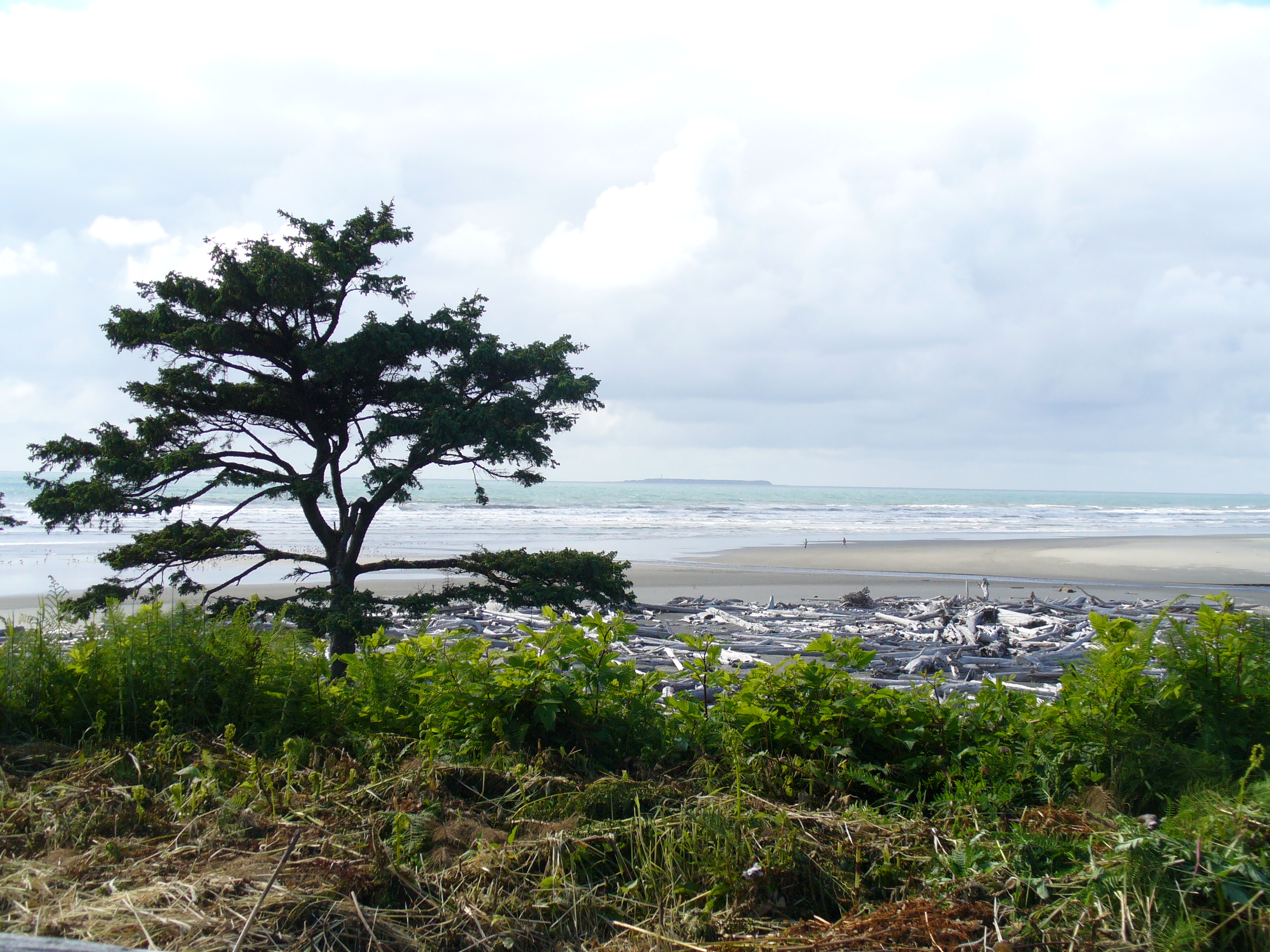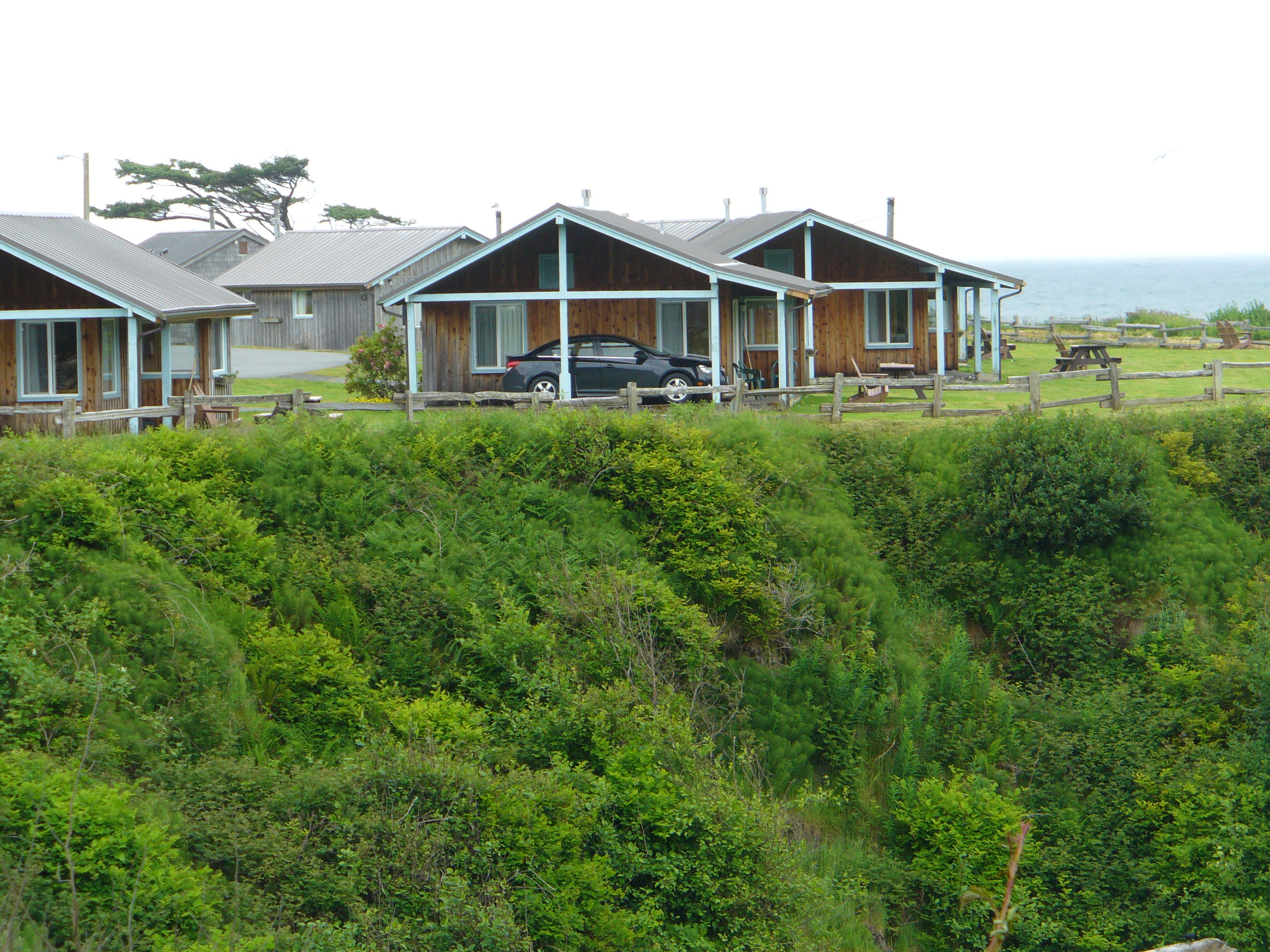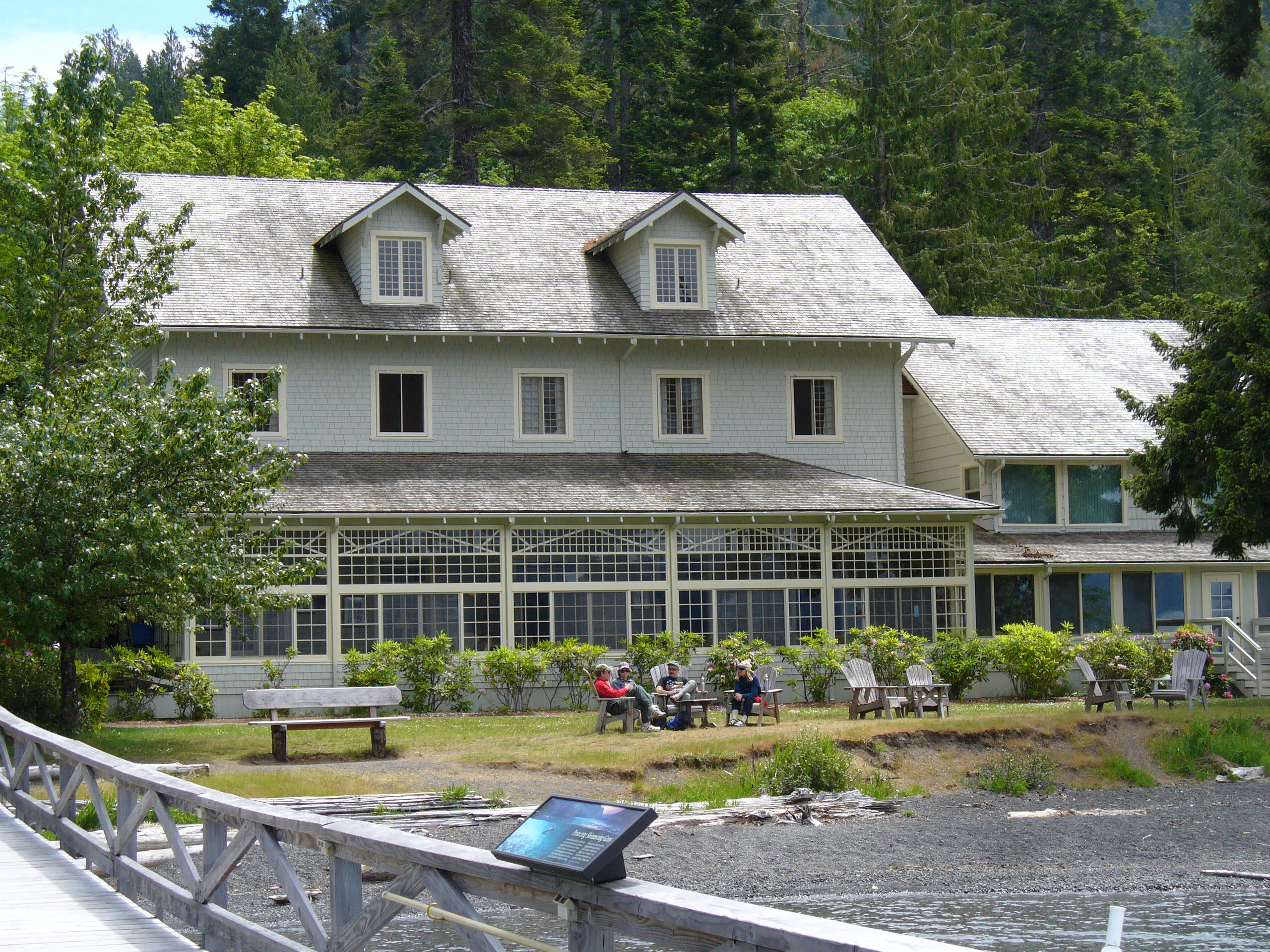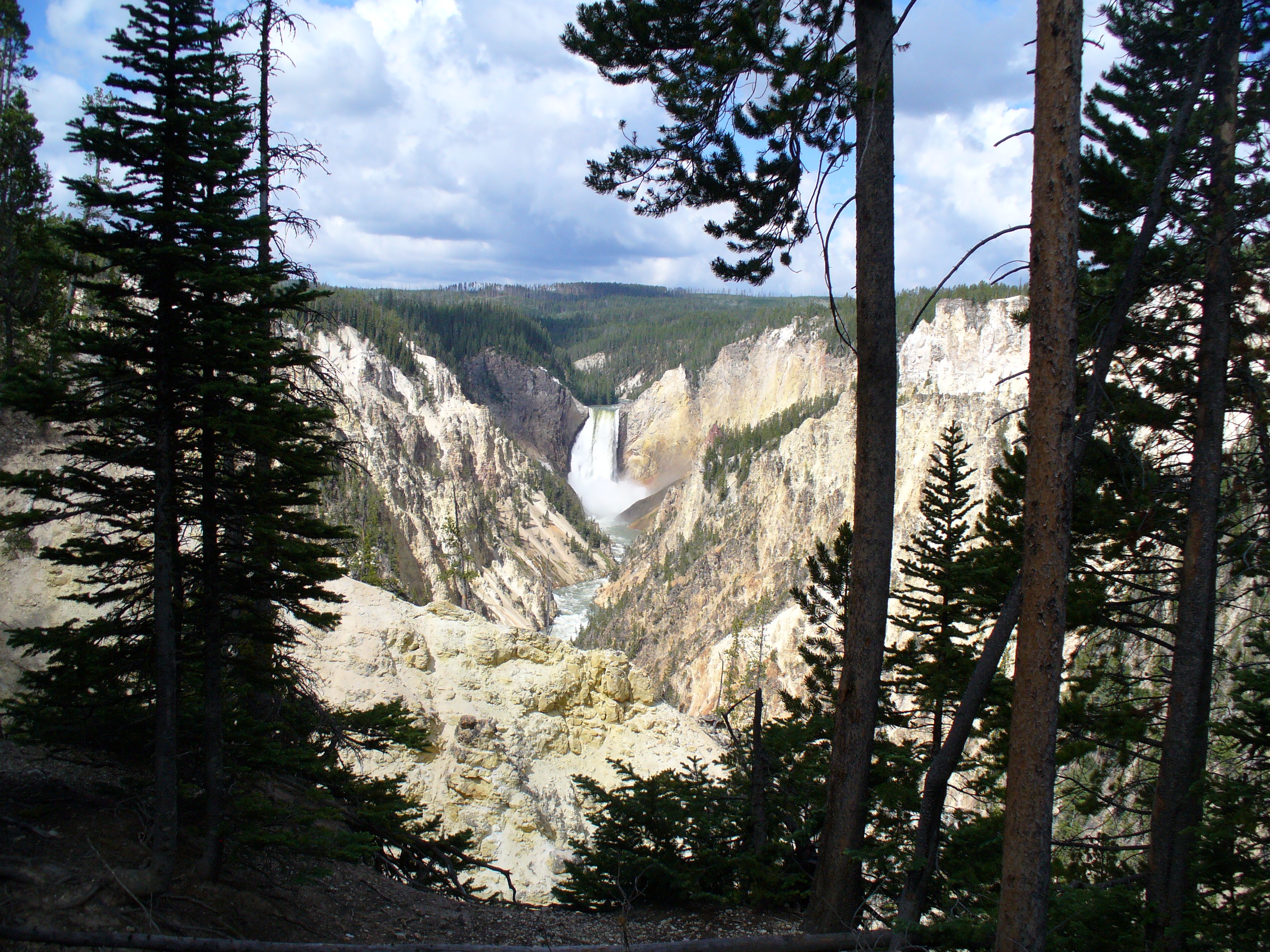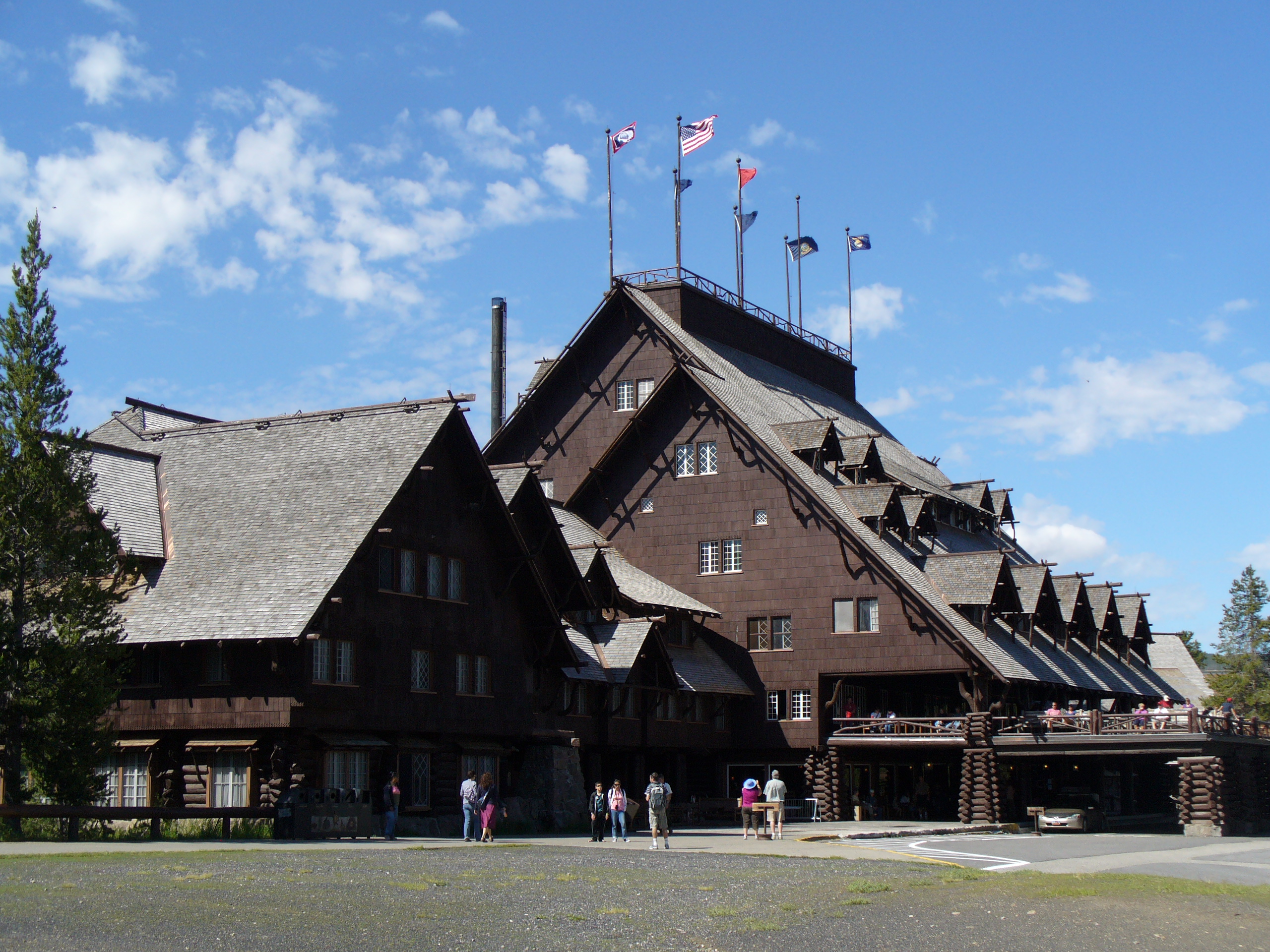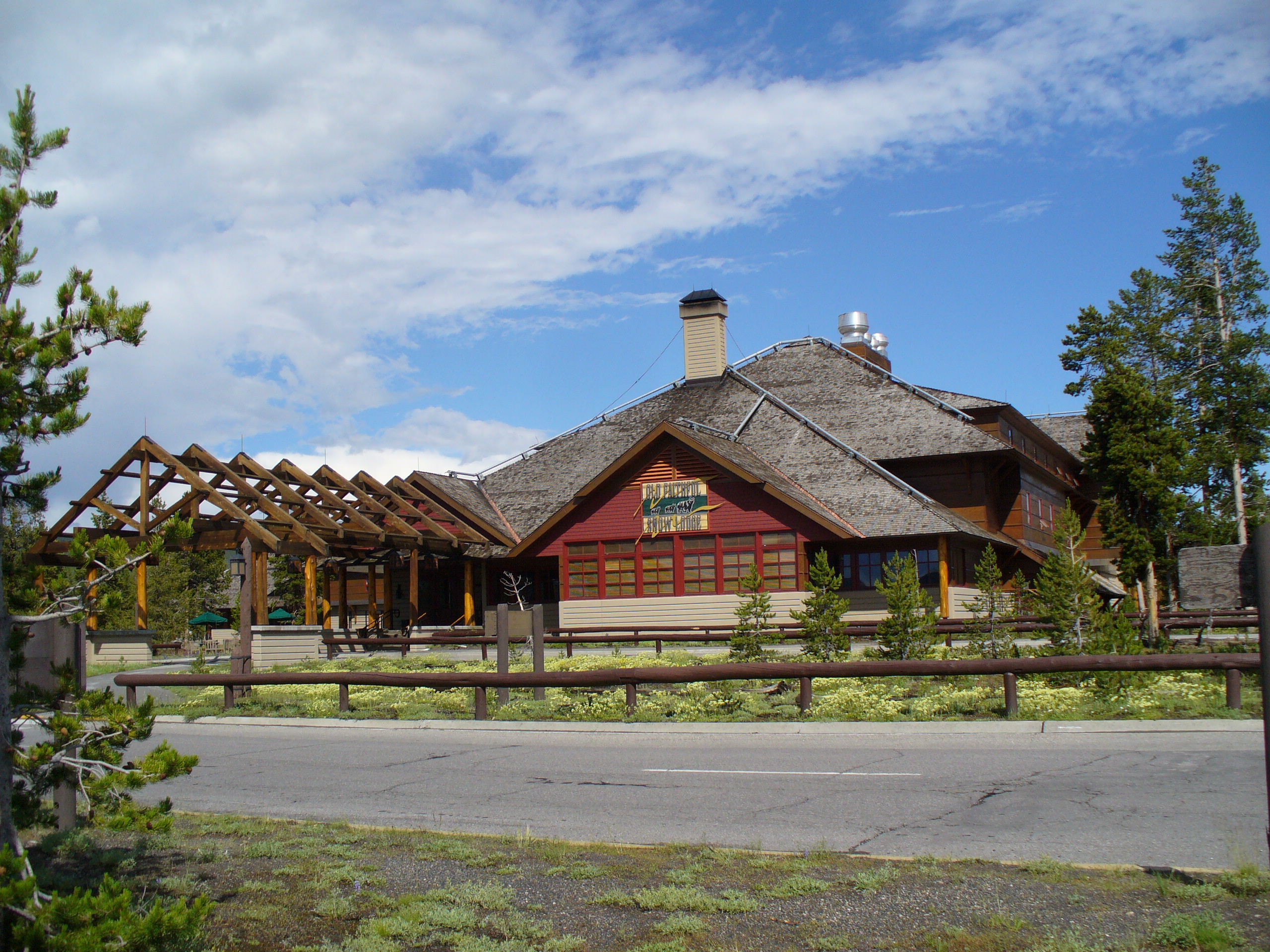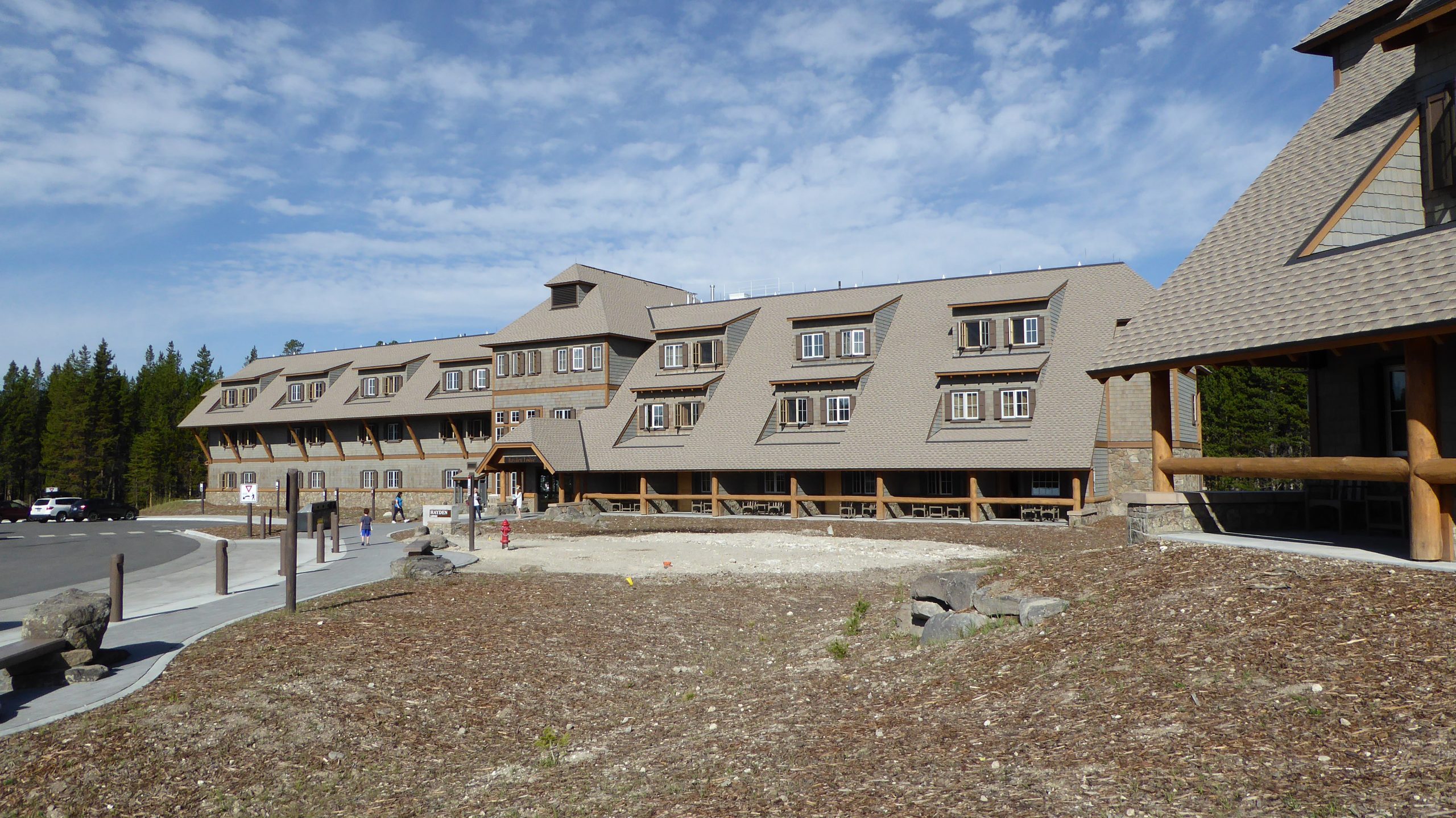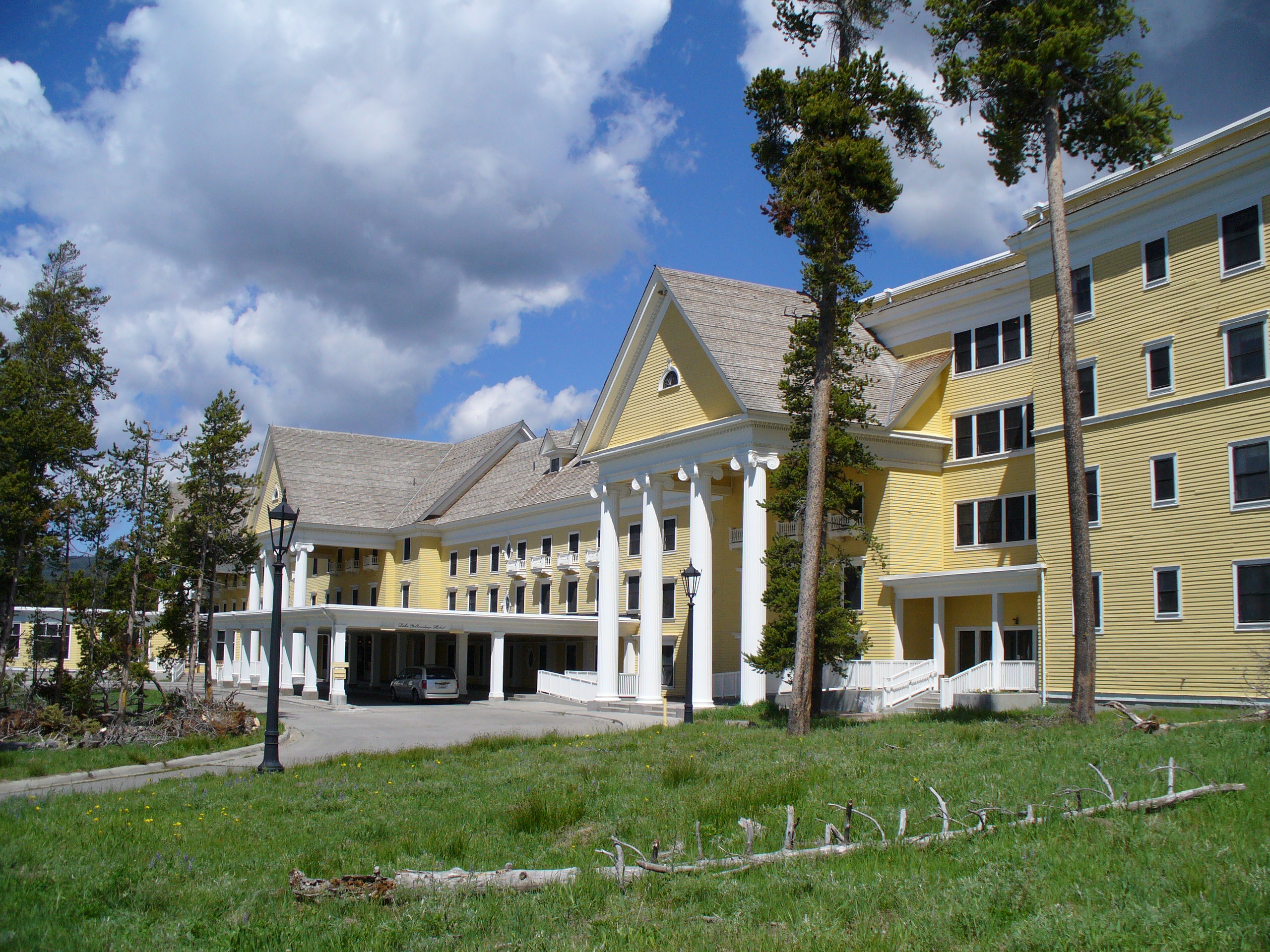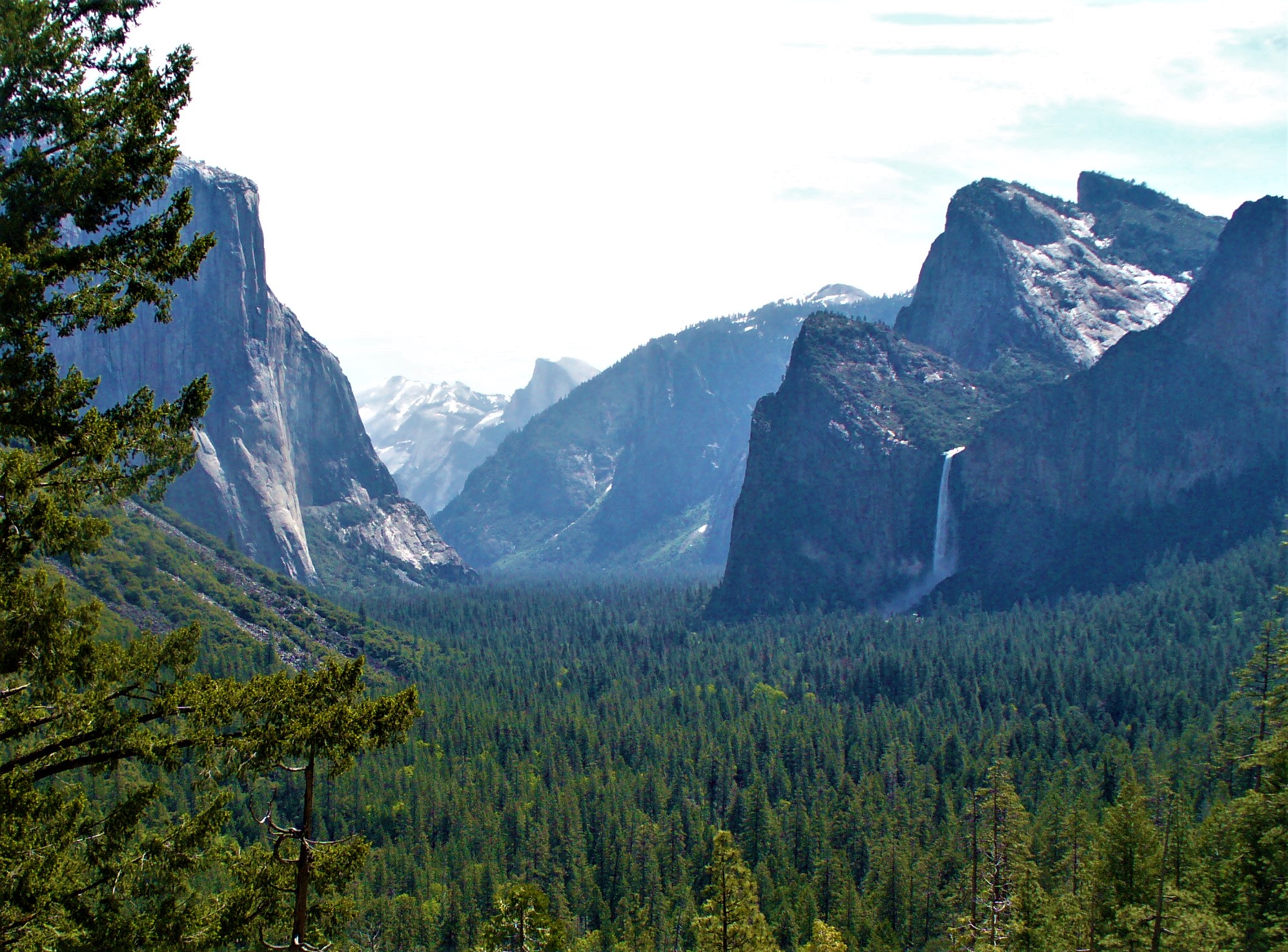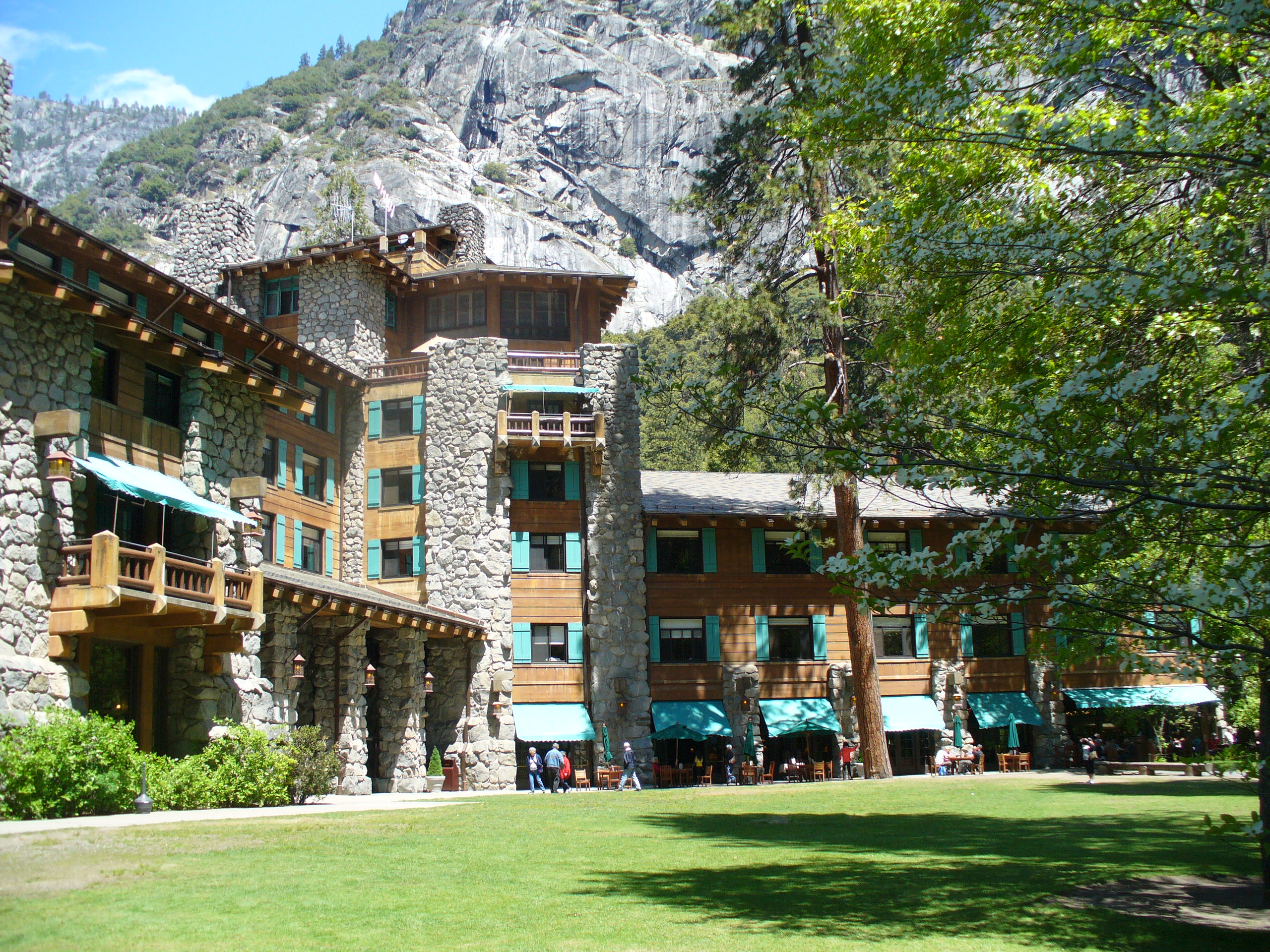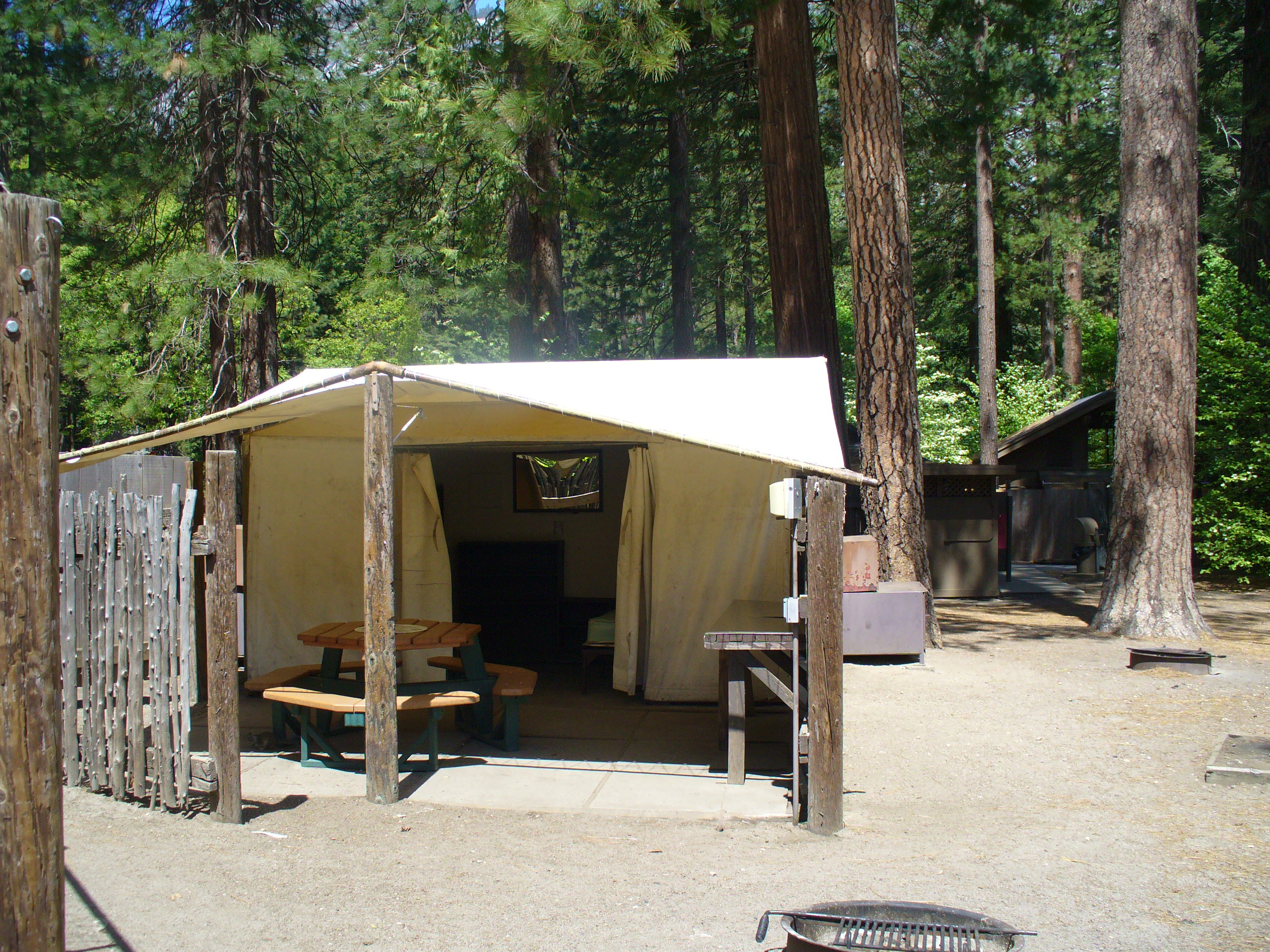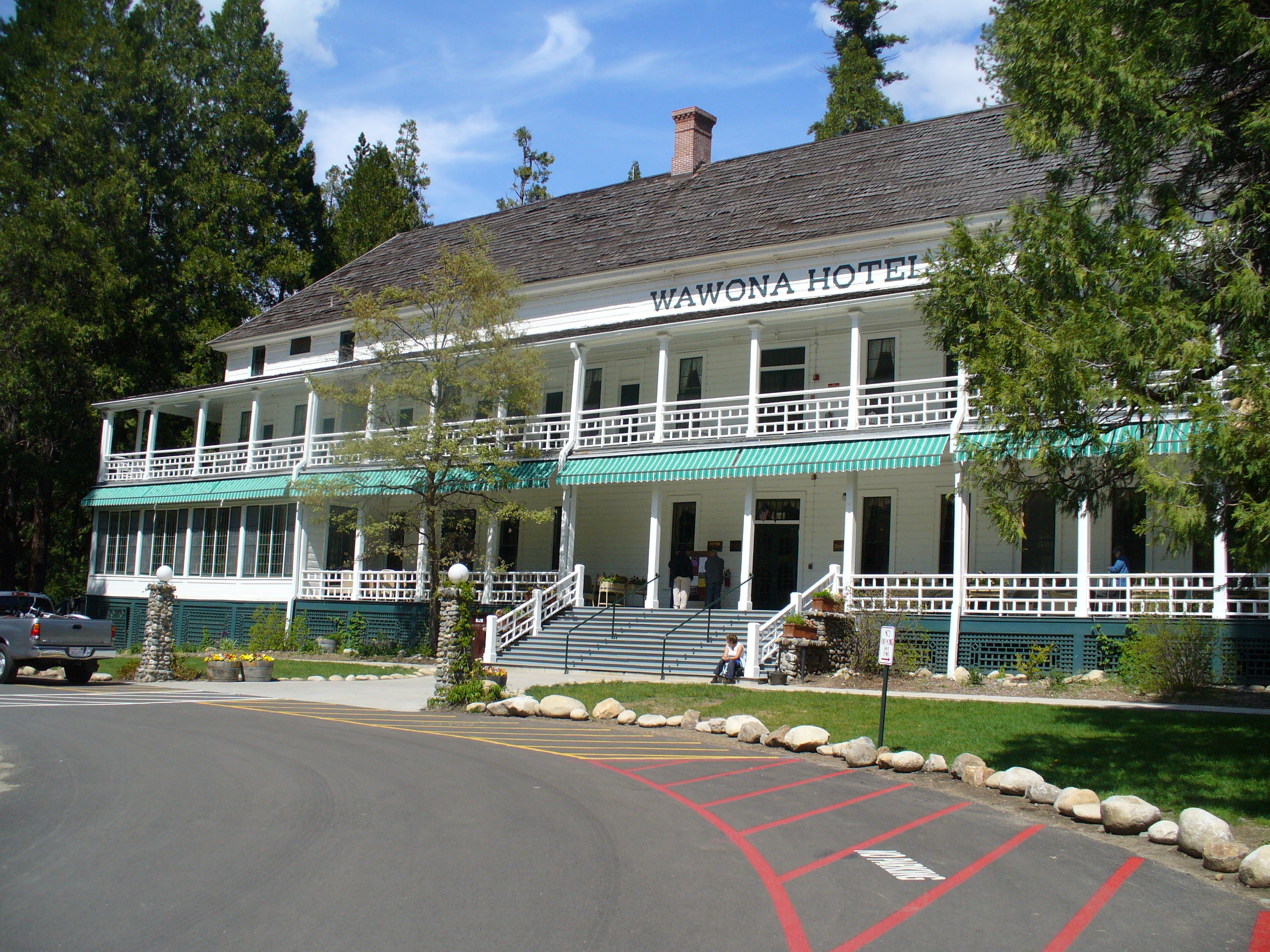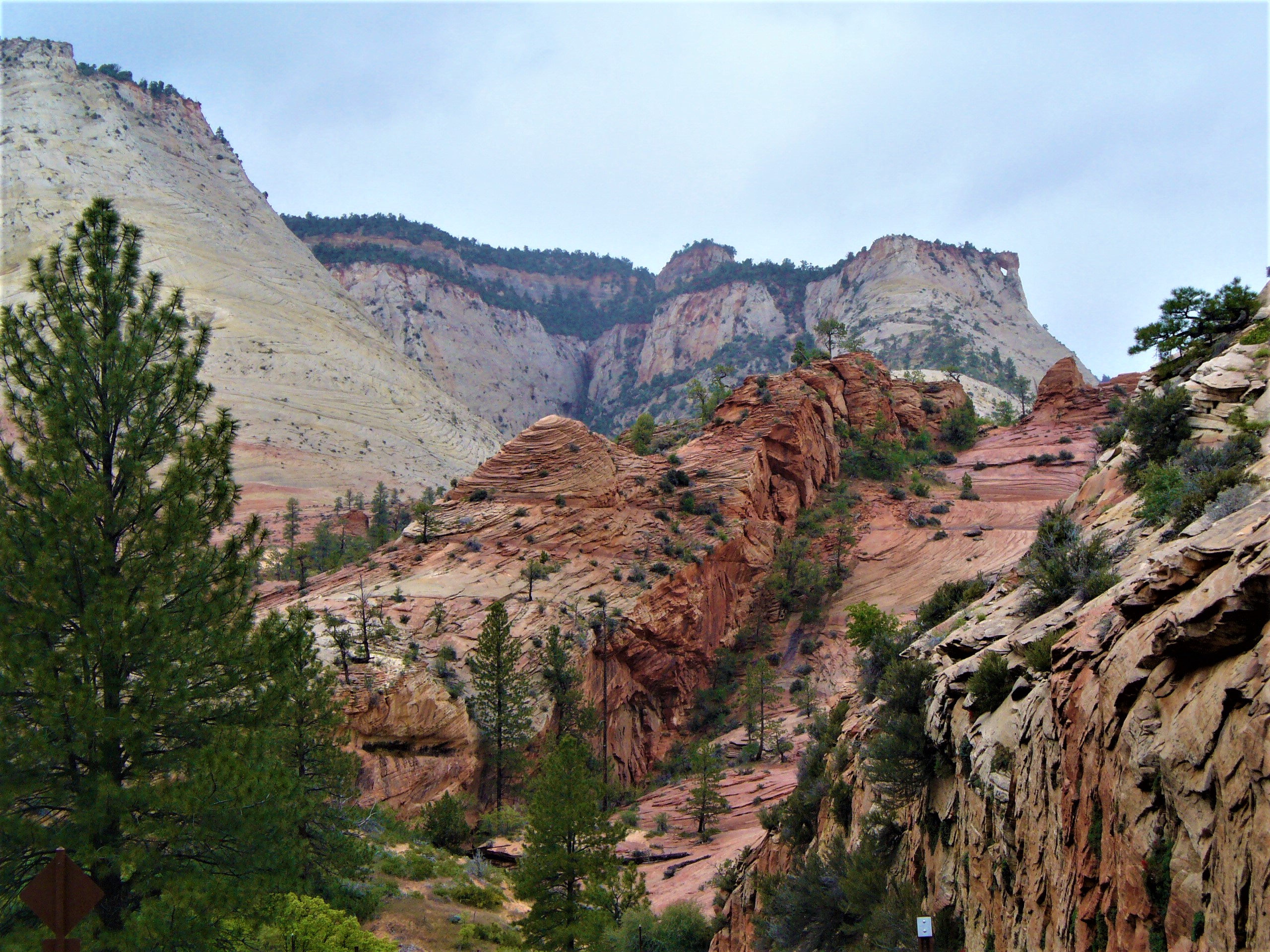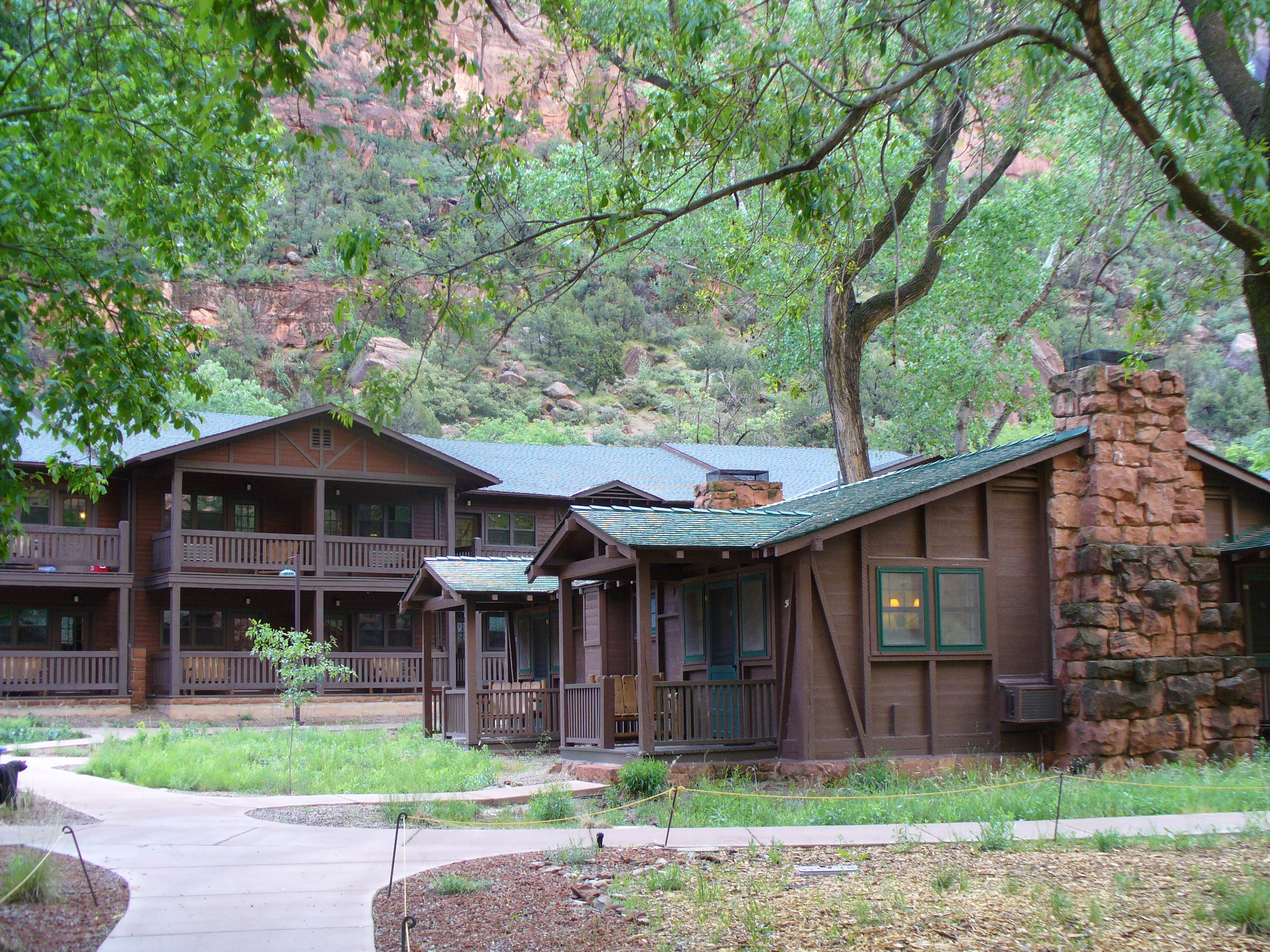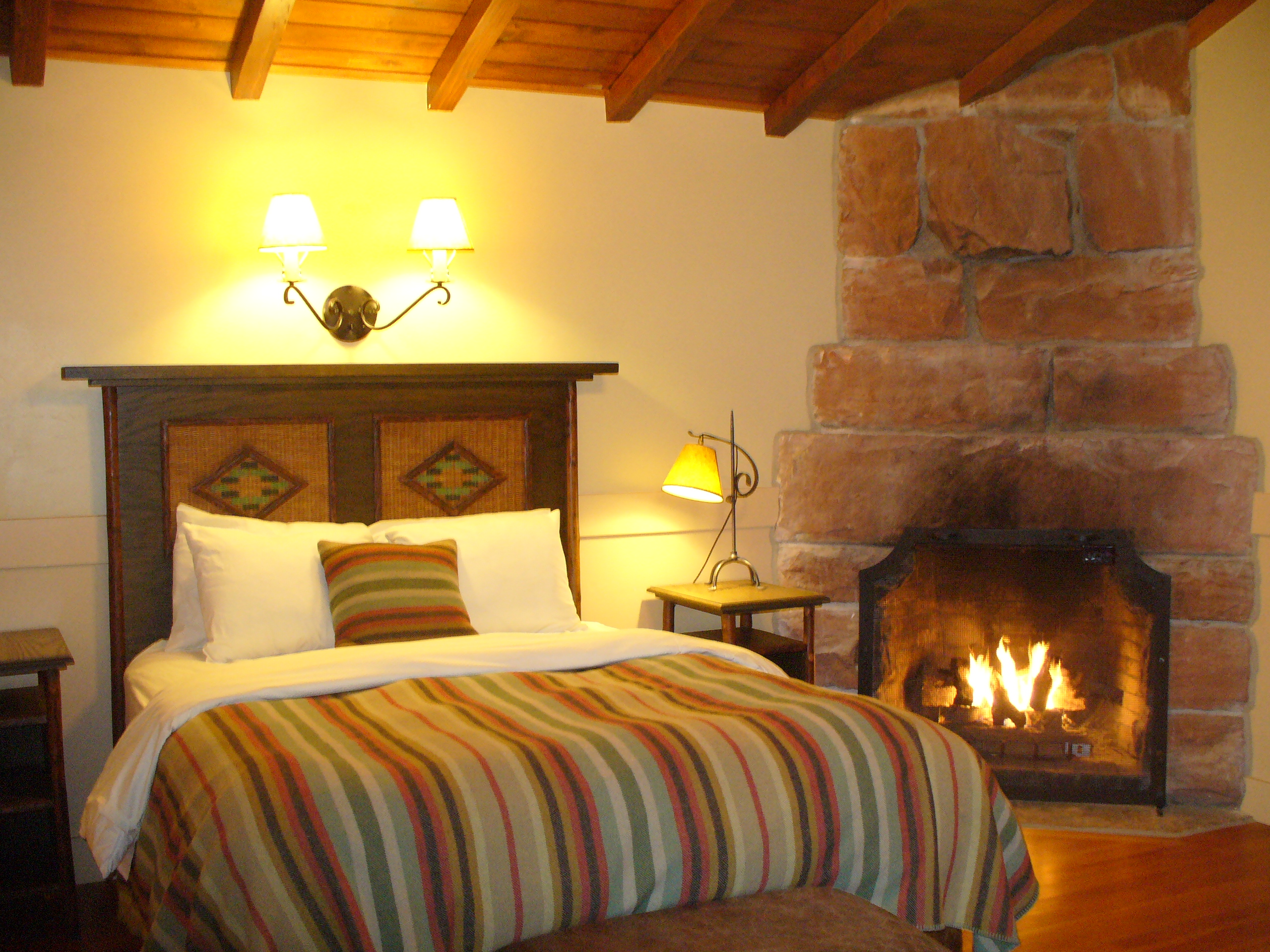An Overview of Fees Charged in America’s National Parks
Many national park units require payment of an entry fee. In most instances a single fee applies to all occupants of a private vehicle. For example, Yellowstone National Park charges $35 per private vehicle for a 7-day entrance permit. Any number of trips in and out of the park are permitted during the 7 days the pass is valid. Individuals and families planning to visit several national park units during a year should consider one of the annual or lifetime passes offered by the National Park Service and other federal agencies. These passes are discussed below.
National park campgrounds levy camping fees that range up to $32 per site per night. A limited number of RV campgrounds with hookups charge a substantially higher fee. Tours and guided walks may also entail fees. Fees have increased over the last decade as national parks attempt to enhance revenues utilized to help cover increased operating costs and reduced federal funding. Even with increased fees, national parks remain one of America’s great tourist bargains.
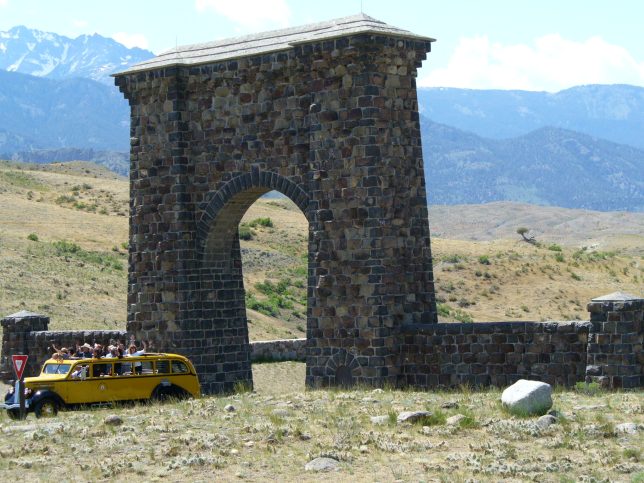
Roosevelt Arch at the north entrance to Yellowstone National Park
Entrance Fees
Approximately a quarter of units administered by the National Park Service charge entrance fees that range from a few dollars to $40, depending on the park. Many parks, including California’s Golden Gate National Recreation Area, Minnesota’s Voyageurs National Park, and the Blue Ridge Parkway do not charge an entrance fee. Large, popular parks including Grand Canyon National Park, Grand Teton National Park, Yellowstone National Park, and Everglades tend to be at the high end of the range. Less heavily visited parks tend to charge lower fees. For example, Joshua Tree National Park and Mesa Verde National Park each charge an entrance fee of $30 per private vehicle. The fees noted are charged per carload. Thus, a group of friends or family members can enter by paying a single entrance fee so long as they are in the same private vehicle. Commercial vehicles are charged using a different fee schedule.
Parks that charge by the vehicle apply a separate fee schedule for individuals who enter via foot, bicycle, motorcycle, or tour bus. For example, Grand Canyon National Park charges $35 per private vehicle, $30 for a motorcycle, and $20 for an individual entering on foot, bicycle, or the Grand Canyon Railroad. Some parks, generally those that must be entered on foot, levy a charge per visitor rather than a vehicle charge. For example, Fort Davis National Historic Site in Texas charges a $10 per person entrance fee. Likewise, Cumberland Island National Seashore in Georgia charges $15 per person in addition to the $40 cost of the ferry trip from the Georgia coastal village of St. Marys. Other National Park Service areas with a per-person charge include Florissant Fossil Beds National Monument, Fort Larned National Historic Site, Grand Portage National Monument, Martin Van Buren National Historic Site, Wupatki National Monument, and Hopewell Furnace National Historic Site.
Camping Fees
Most major national parks offer developed camping facilities. Some, including Yosemite National Park, Yellowstone National Park, Rocky Mountain National Park, Glacier National Park, Great Smoky Mountains National Park, and Sequoia/Kings Canyon National Park each offer multiple campgrounds. Other units such as Devil’s Tower National Monument, Capitol Reef National Park, and Arches National Park each offer only a single developed campground, although primitive campgrounds, often without water, are sometimes available. Camping fees generally range between $15 and $26. Some campgrounds have a fee collection station near the campground entrance while other campgrounds utilize a self-registration system. Holders of an America the Beautiful Senior Pass or Access Pass pay half the regular camping fee. (see the section below on national park passes) Campers are required to pay any park entrance fee in addition to the camping fee.
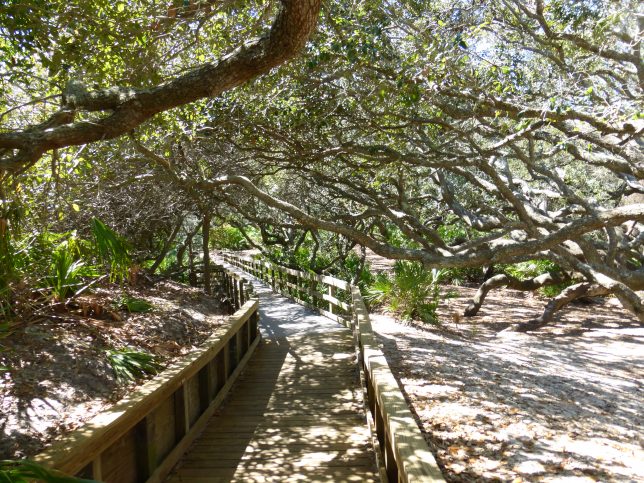
Lodging Fees
Only a couple of dozen of 422 units operated by the National Park Service offer overnight lodging accommodations. Even some major national parks including Rocky Mountain National Park, Acadia National Park, and Great Smoky Mountains National Park do not have regular lodging facilities inside the park. Units with lodging include many of the big western parks including Yosemite National Park, Yellowstone National Park, Death Valley National Park, Glacier National Park, Grand Canyon National Park, Mesa Verde National Park, Olympic National Park, Sequoia National Park, and Kings Canyon National Park. Both facilities and prices span a wide range. Tent cabins and cabins without a private bath can often be rented for $85 to $110 while elegant hotels such as the Ahwahnee in Yosemite National Park and the Inn at Furnace Creek in Death Valley National Park offer rooms at up to $600 per night. Cabins at Jenny Lake Lodge in Grand Teton National Park go for about $700 per night with breakfast and dinner included. Most national park lodging ranges from $200 to $250 per night for a double room. For example, rooms in famous Old Faithful Inn cost approximately $142 for rooms without a private bathroom to $325 for superior rooms with a private bath.
Facilities without a private bath are not only less expensive, but usually easier to reserve. U.S. travelers tend to shy away from rooms that require guests to use a community bathroom. The majority of national park lodges are owned by the U.S. Government but operated by private firms under a lease arrangement. Room rates and food prices in these facilities are subject to oversight by the superintendent of the park in which a lodge is located. Some lodges, including The Inn at Furnace Creek, Panamint Springs Resort, and Glacier Park Lodge are located on private property and owned by the companies that operate them. National park lodges often have relatively short seasons and are heavily used so reservations should be made well ahead of your planned arrival.
Activity Fees
Many visitor activities in the national parks are available without charge. For example, fees are not generally required for guided walks, ranger talks, campfire programs, and viewing exhibits and audio visuals in national park visitor centers. Shuttle service in Bryce Canyon National Park, Grand Canyon National Park, Zion National Park, and Yosemite National Park is included in the park entrance fee.
Activities sometimes entail a nominal fee, often when provided by a park concessionaire. Xanterra Parks and Resorts, the concessionaire for Glacier National Park lodges, offers a variety of park tours in the famous red “jammer” buses with prices ranging from $50 to $114 (reduced for children). Xanterra Parks & Resorts is also the lodge concessionaire in Yellowstone National Park, and offers similar tours of Yellowstone in vintage yellow buses.
Admission is sometimes charged for entrance to a park facility or participation in a tour. For example, cave tours generally involve a fee. The NPS charges $10.00 for ranger-led cave tours at Oregon Caves National Monument. Likewise, ARAMARK Parks & Destinations, the concessionaire at Lake Powell Resort in Glen Canyon National Recreation Area, charges for various boat tours including the day-long trip to Rainbow Bridge. The same firm offers Glacier Bay tours and whale watching tours at Glacier Bay National Park in Alaska. Fees are generally reduced for children (qualifying age varies by park and concessionaire) and, often, for holders of the two lifetime passes listed below.

Annual and Lifetime Passes
When planning to visit multiple national park units during a single trip or taking several trips during a twelve-month period, it is likely you will benefit from purchasing an America the Beautiful – National Parks and Federal Recreational Lands Pass, also called an Interagency Pass, that provides access for the pass holder and non-commercial vehicle passengers to all Federal recreation sites that charge an entrance fee. The $80 pass is valid for one year from the date of purchase. Take your dream vacation around the United States without one of these passes and a traveler could easily run up national park entrance fees of well over $100. The Interagency Pass supplants the Golden Eagle Pass that was sold for many years, but no longer available. The annual America the Beautiful pass can be purchased via phone at 888-275-8747, ext. 1; via email at fedrecpass@usgs.gov; via the Internet at http://store.usgs.gov/pass, or at a participating Federal recreation site. Annual passes are free for active U.S. military members and dependents including reserve and National Guard members. Qualified individuals must have a valid military I.D. and obtain the pass in person at a federal recreation site that charges an entrance fee.
Individuals who accumulate at least 500 hours of volunteer work (for example, serve as a campground host) are eligible to receive a free Volunteer Pass that conveys privileges similar to the America the Beautiful Pass. This pass is good for one year from the date of issue. The 500 hours can be accrued by volunteering on federal recreation lands managed by the National Park Service, the Bureau of Land Management, the U.S. Forest Service, the Bureau of Reclamation, or the Fish and Wildlife Service. The pass is issued by the Federal Volunteer Coordinator who authorizes that a volunteer has accrued the appropriate number of volunteer hours.
U.S. citizens and permanent residents age 62 years and older can take advantage of an even better deal – the America the Beautiful Senior Pass that costs $80 and is valid for the holder’s lifetime. An annual pass is available to seniors for $20. In addition to free entrance for the holder and passengers in the same non-commercial vehicle, the senior pass provides a 50-percent discount on some facility charges such as interpretive services and camping. It does not qualify for discounts on food or lodging. The senior pass must be obtained in person and applicants must be able to prove their age with a document such as a driver’s license.
A lifetime pass with privileges similar to the Senior Pass is available without charge for U.S. citizens or permanent residents with permanent disabilities. Obtaining the pass requires appropriate documentation including a statement by a licensed physician, a federal agency document, Social Security disability income, or a document issued by a state agency. This pass must be obtained in person. Don’t be concerned about acquiring a pass prior to leaving on a trip because all three passes are available at any federal visitor center or entrance station that charges a fee.

